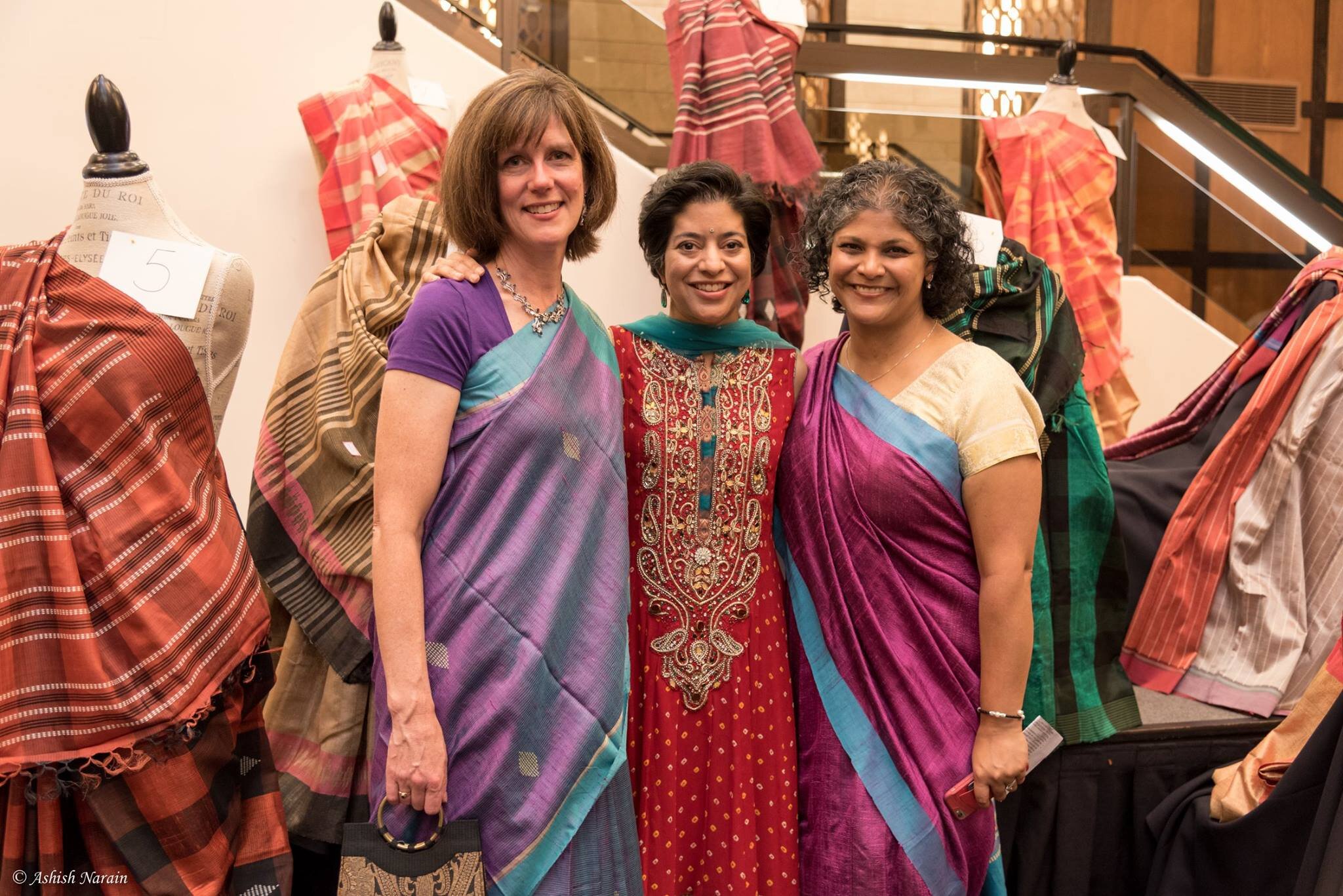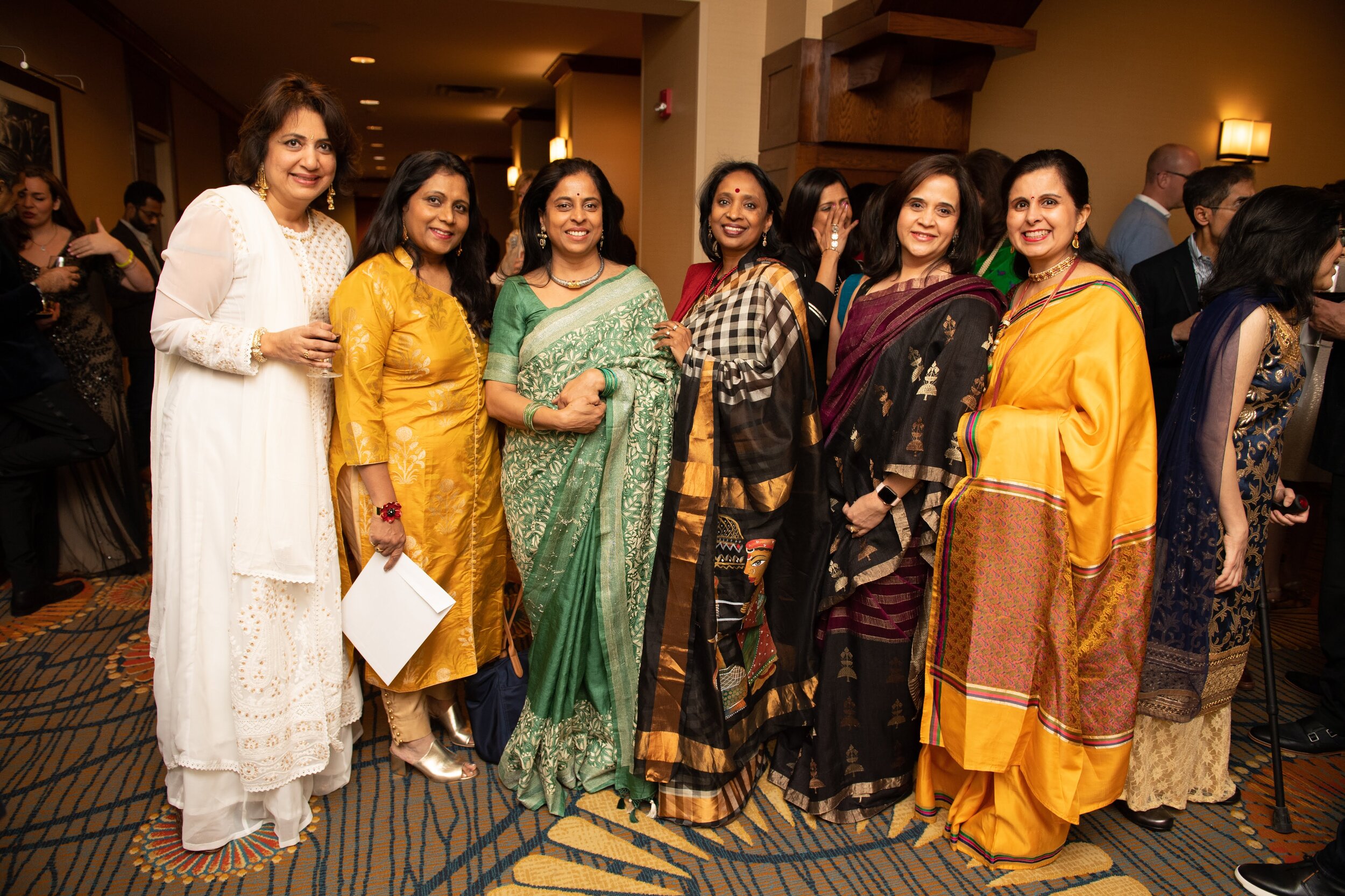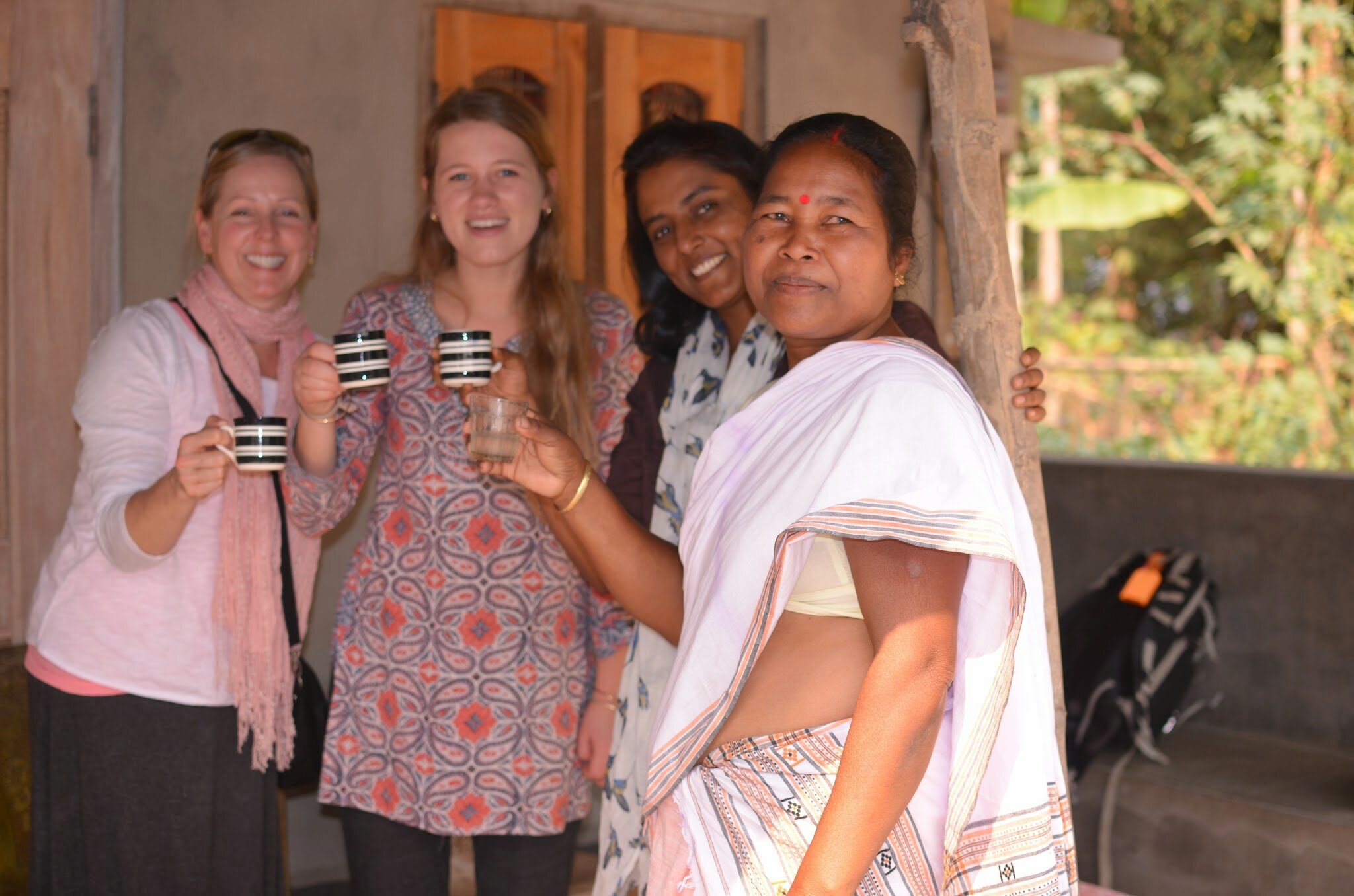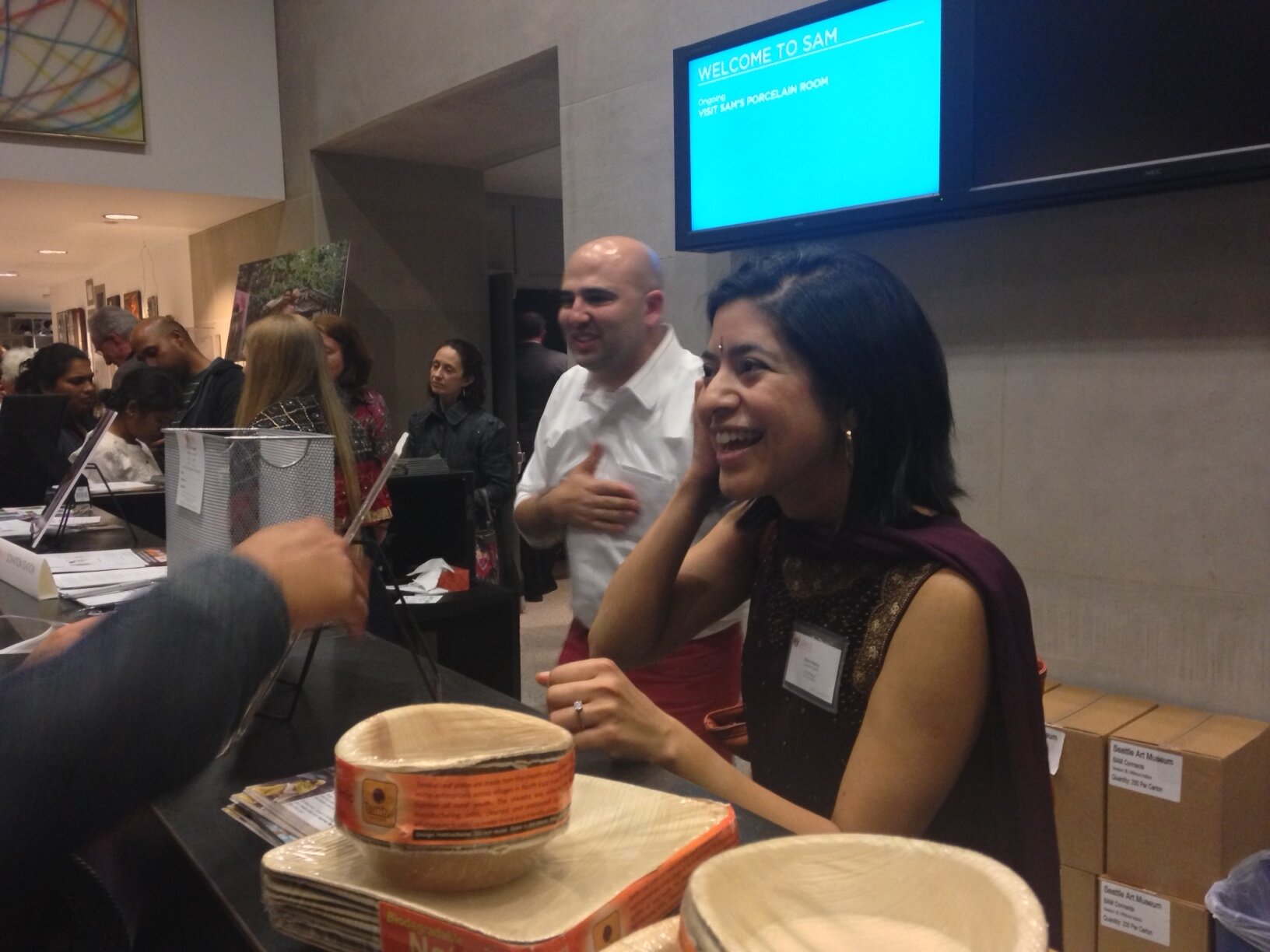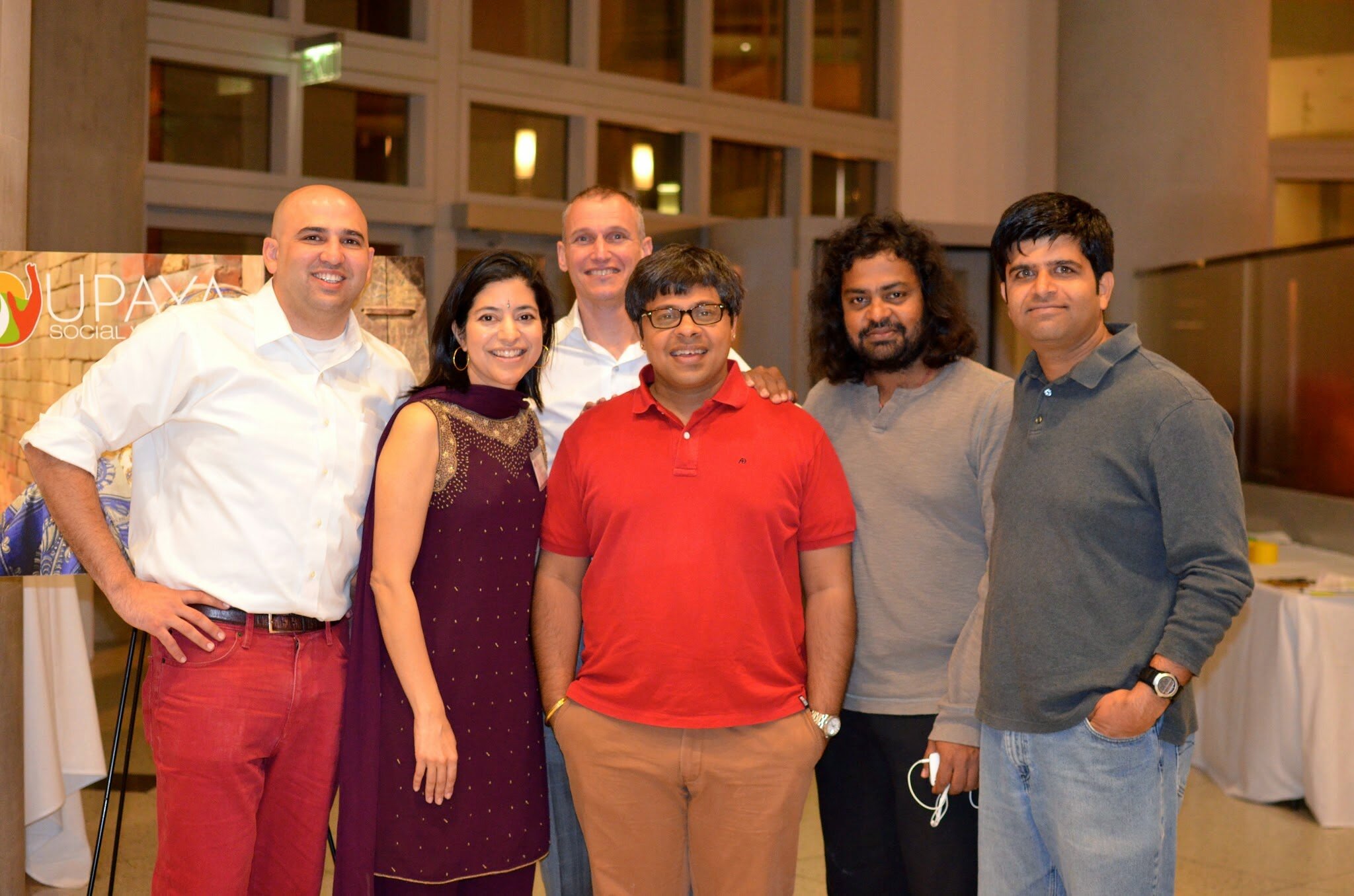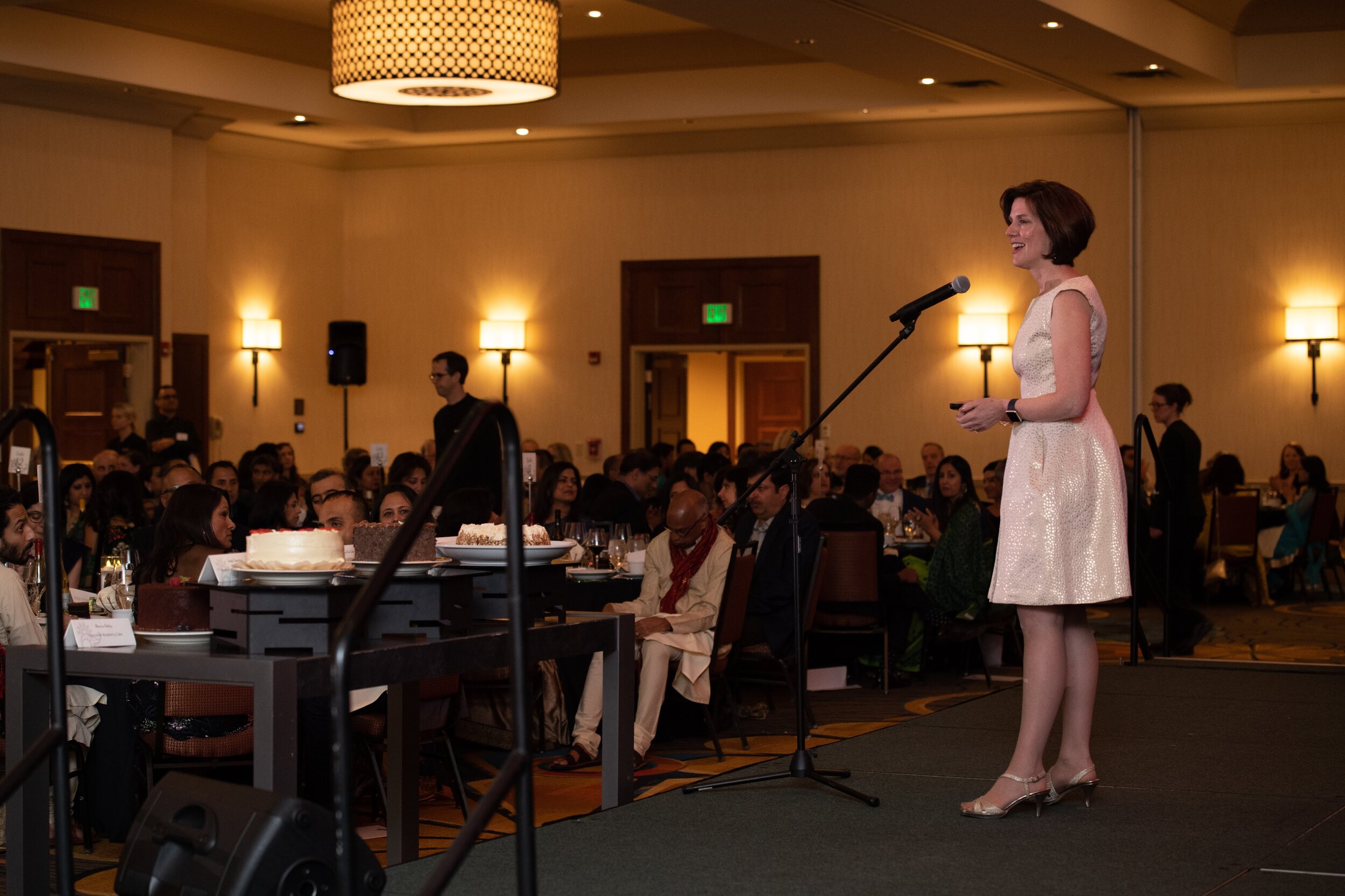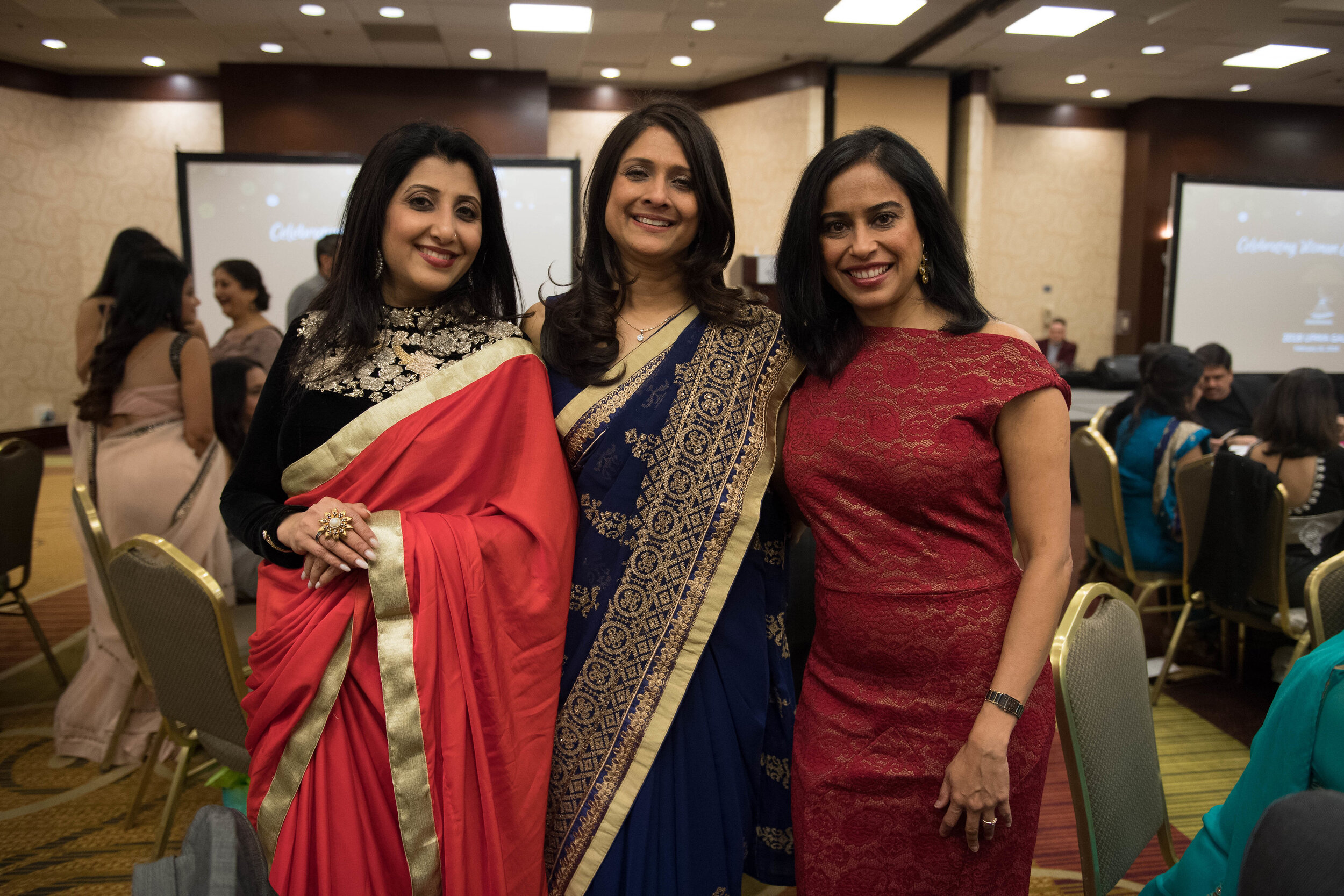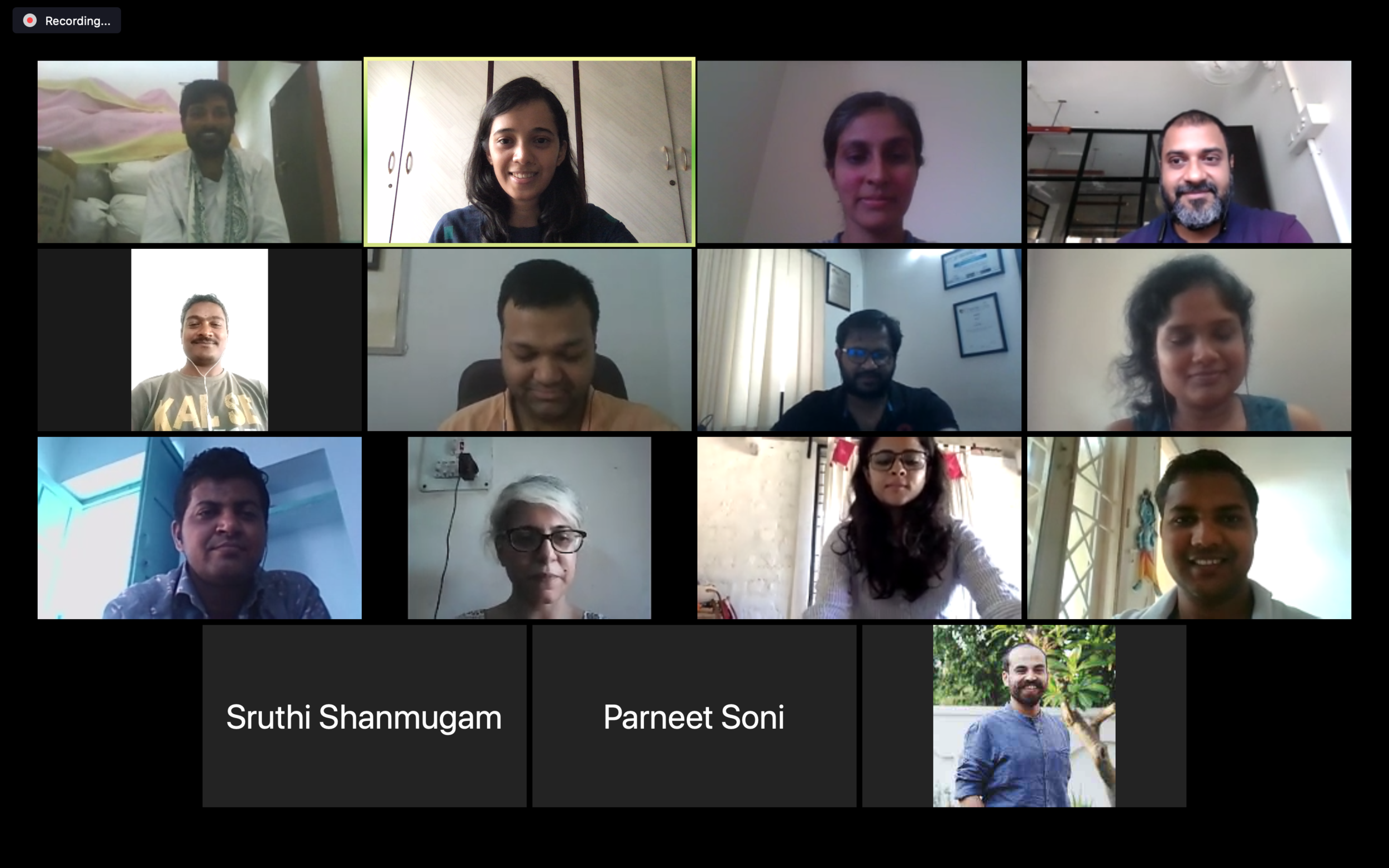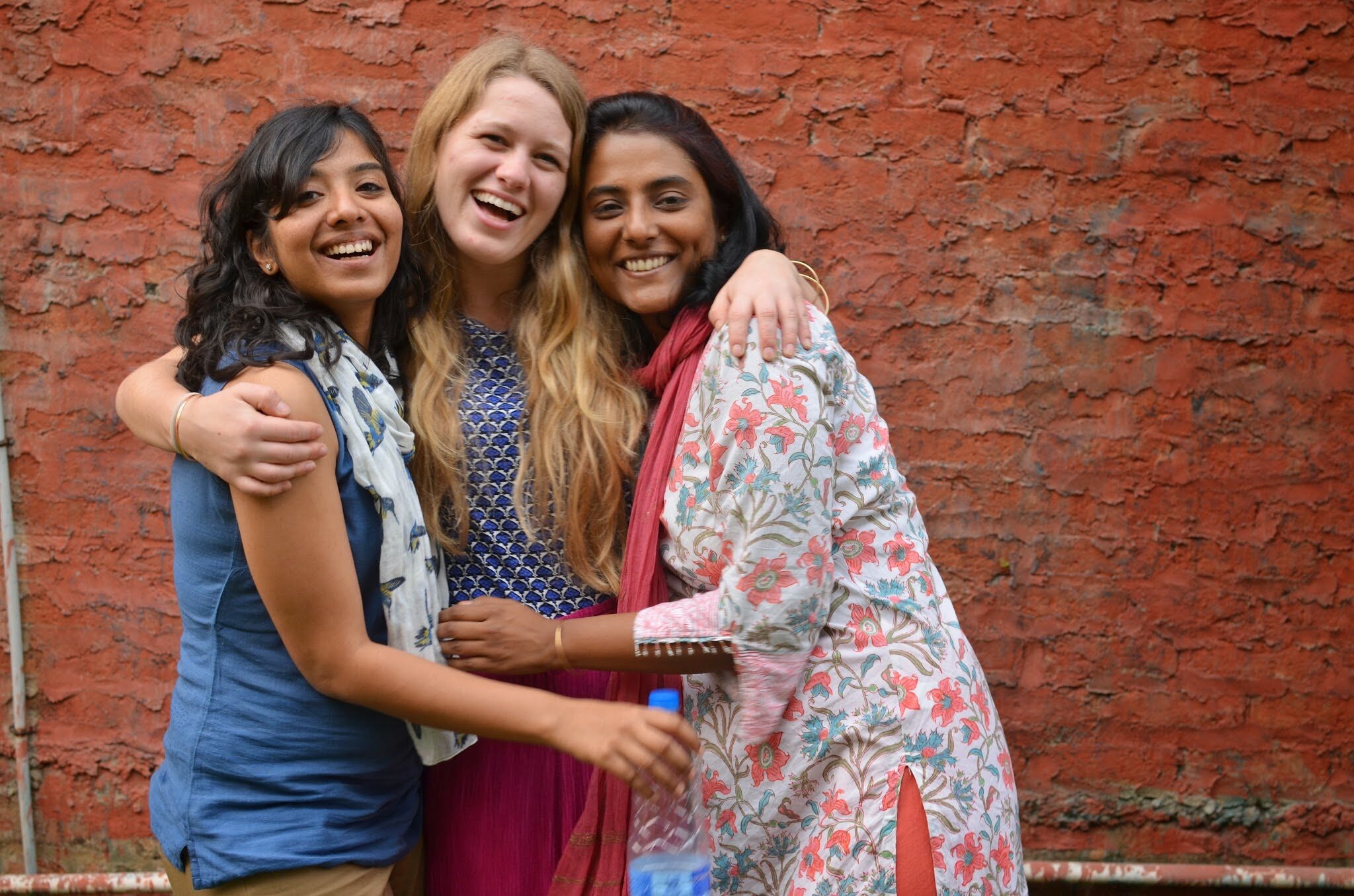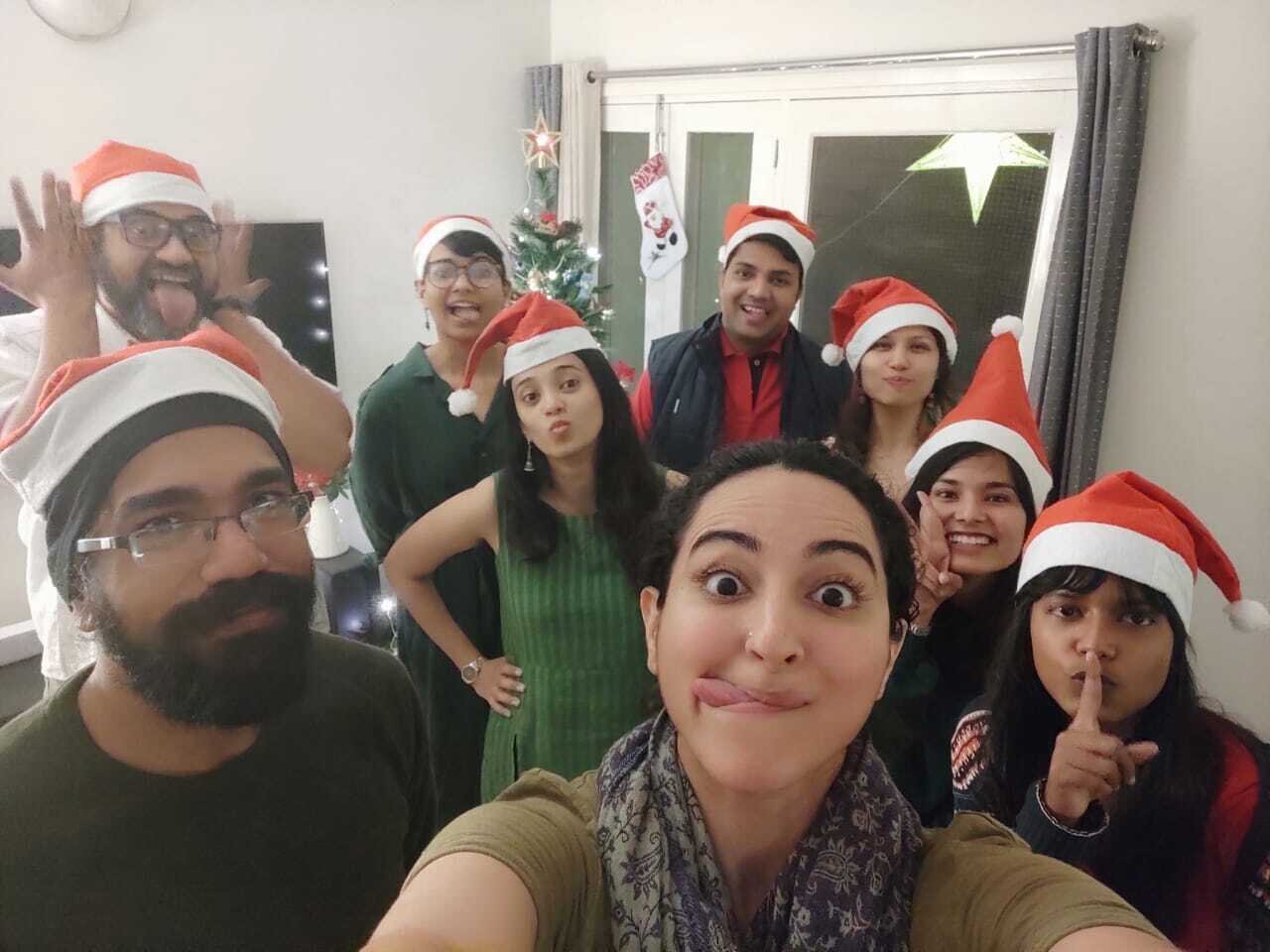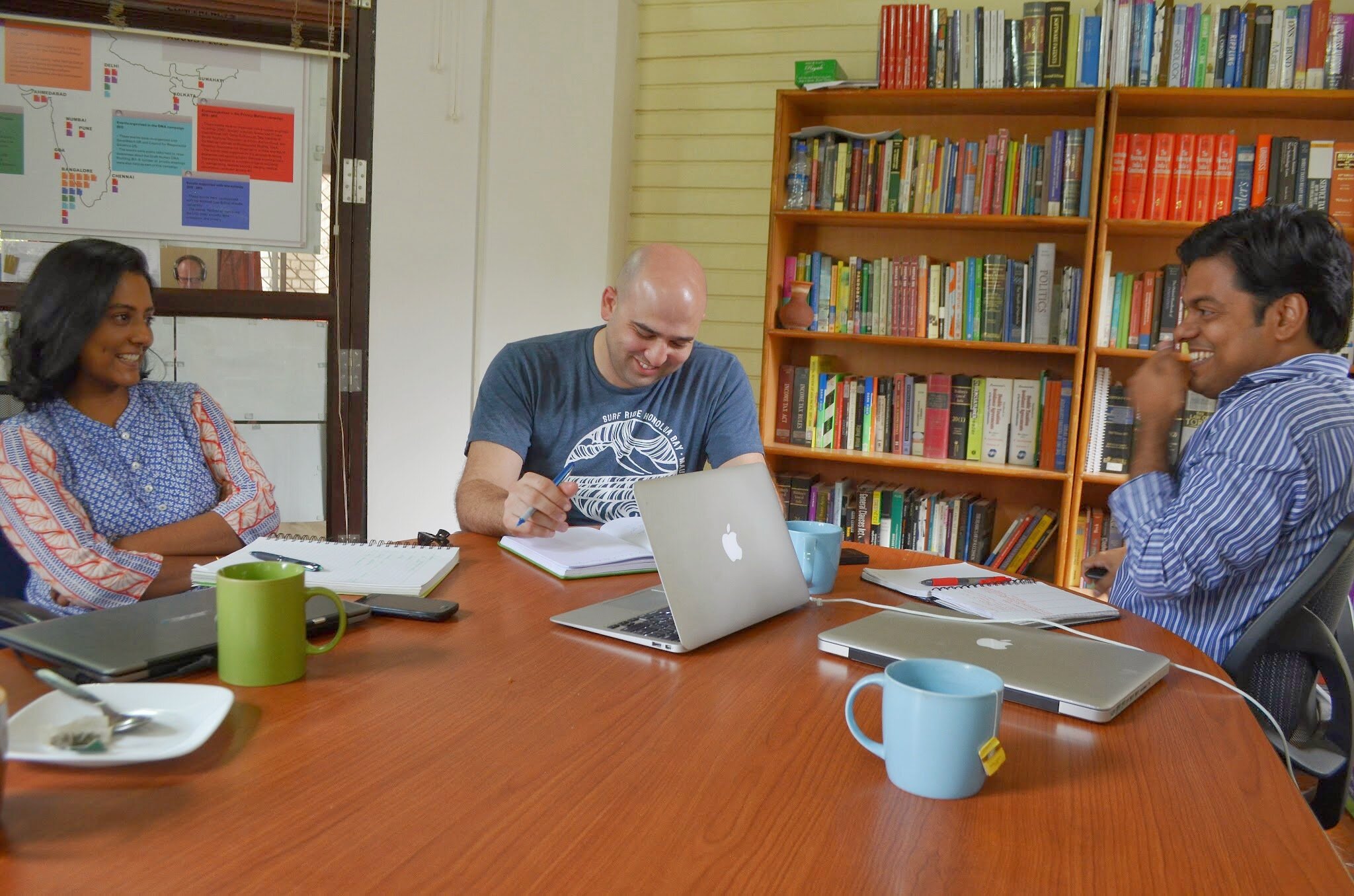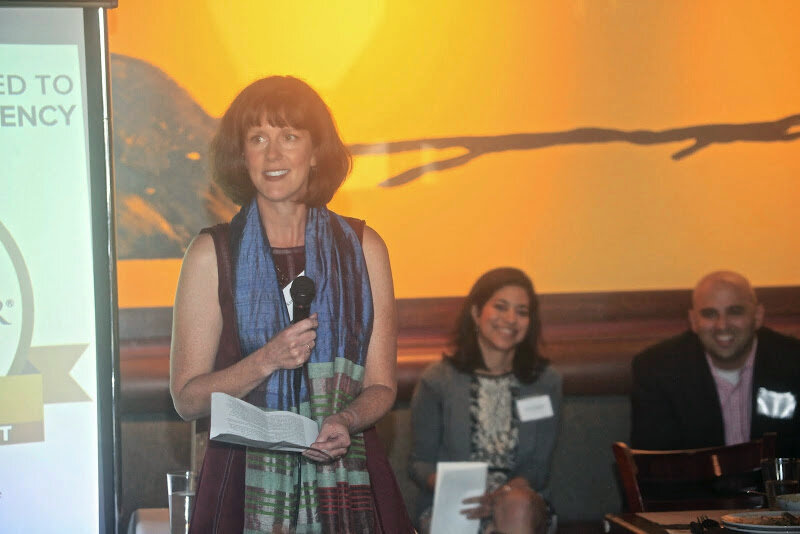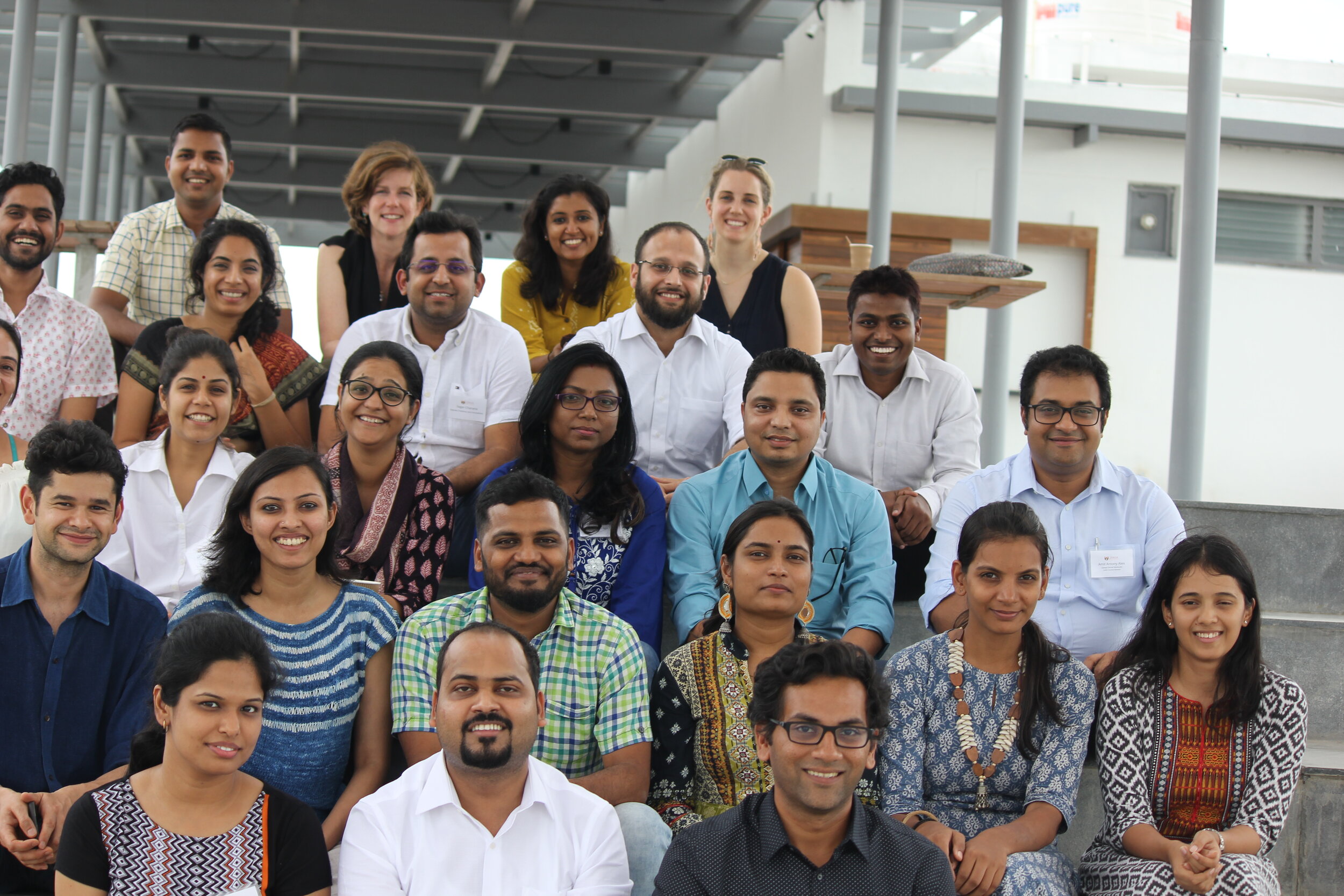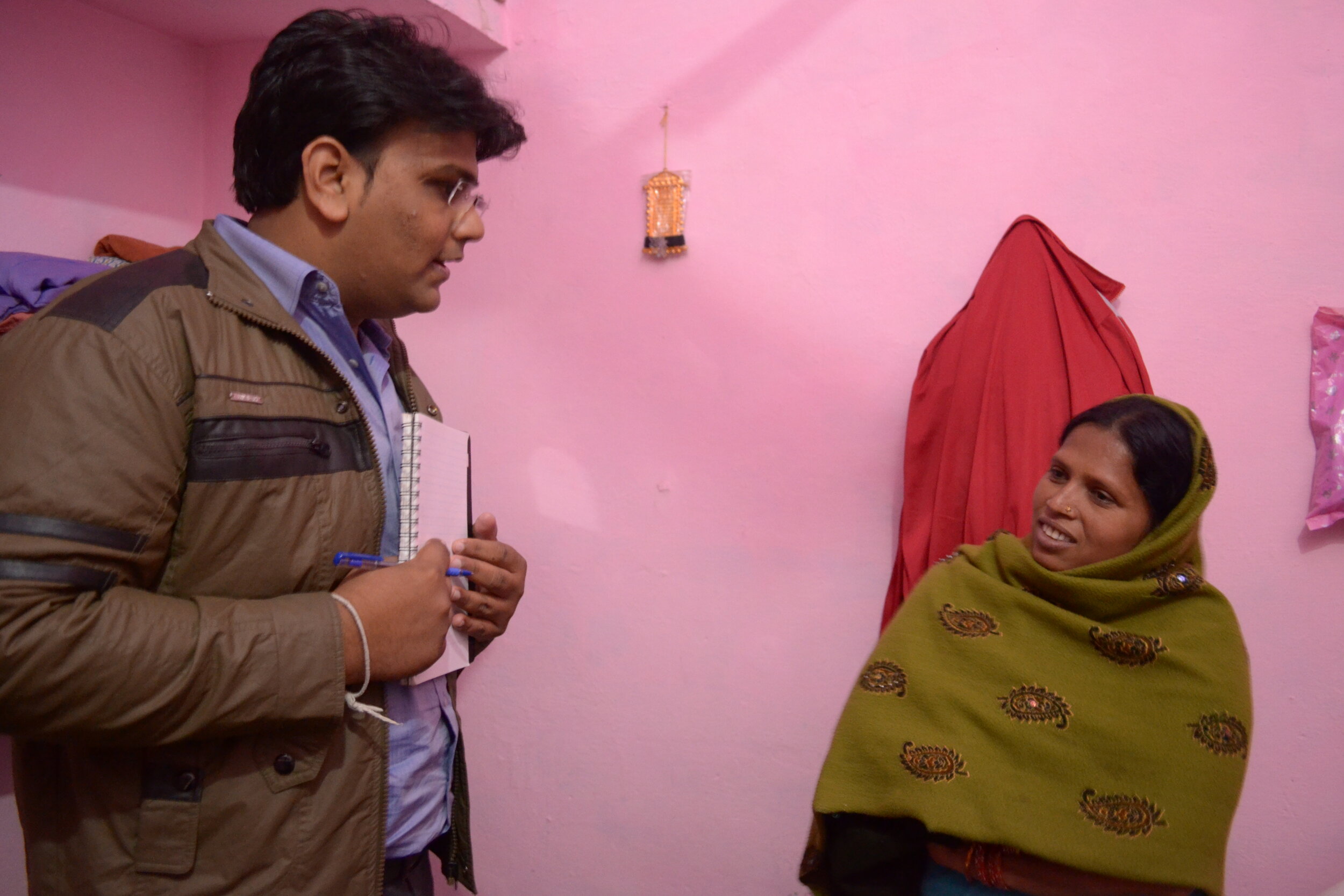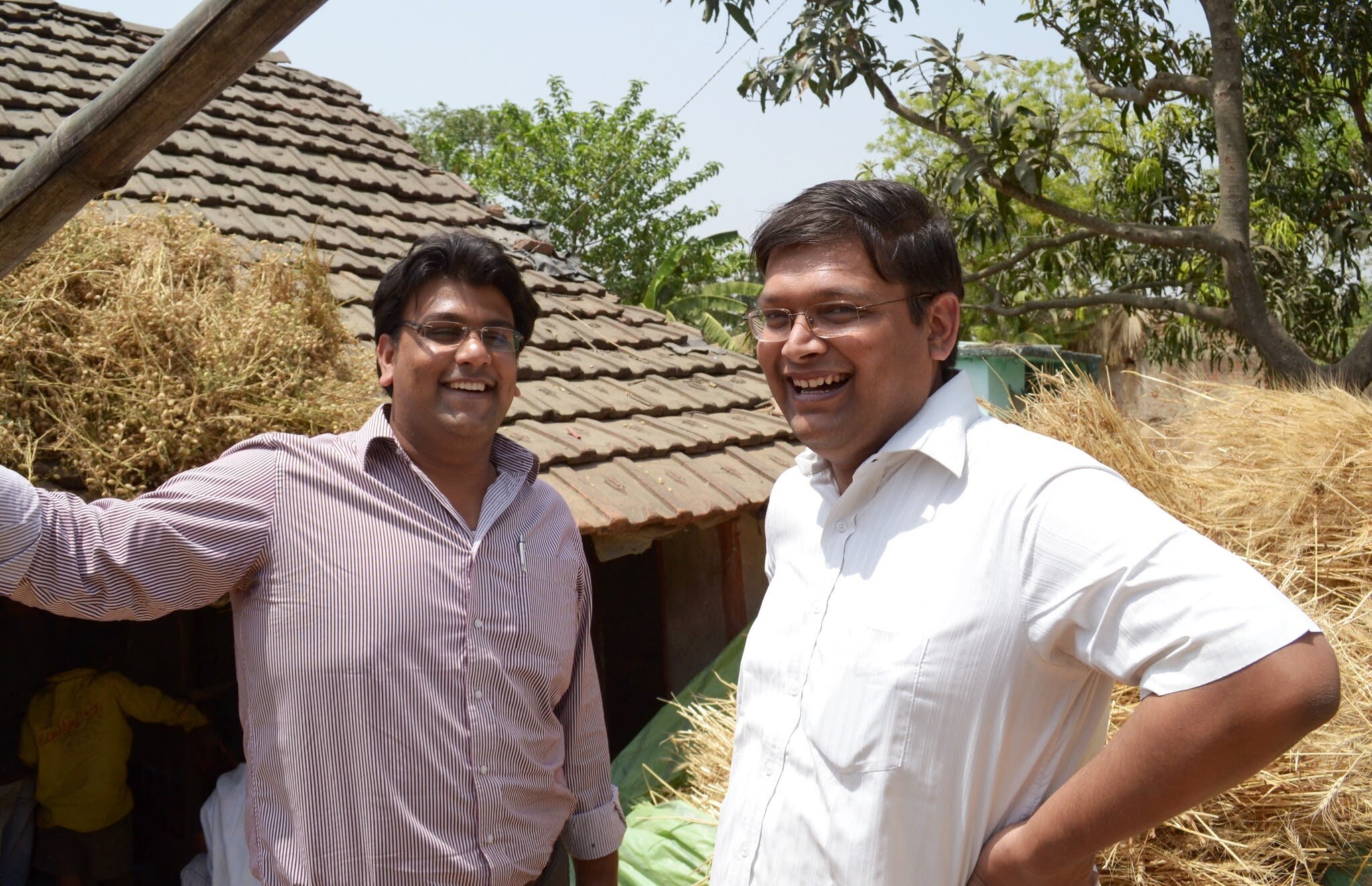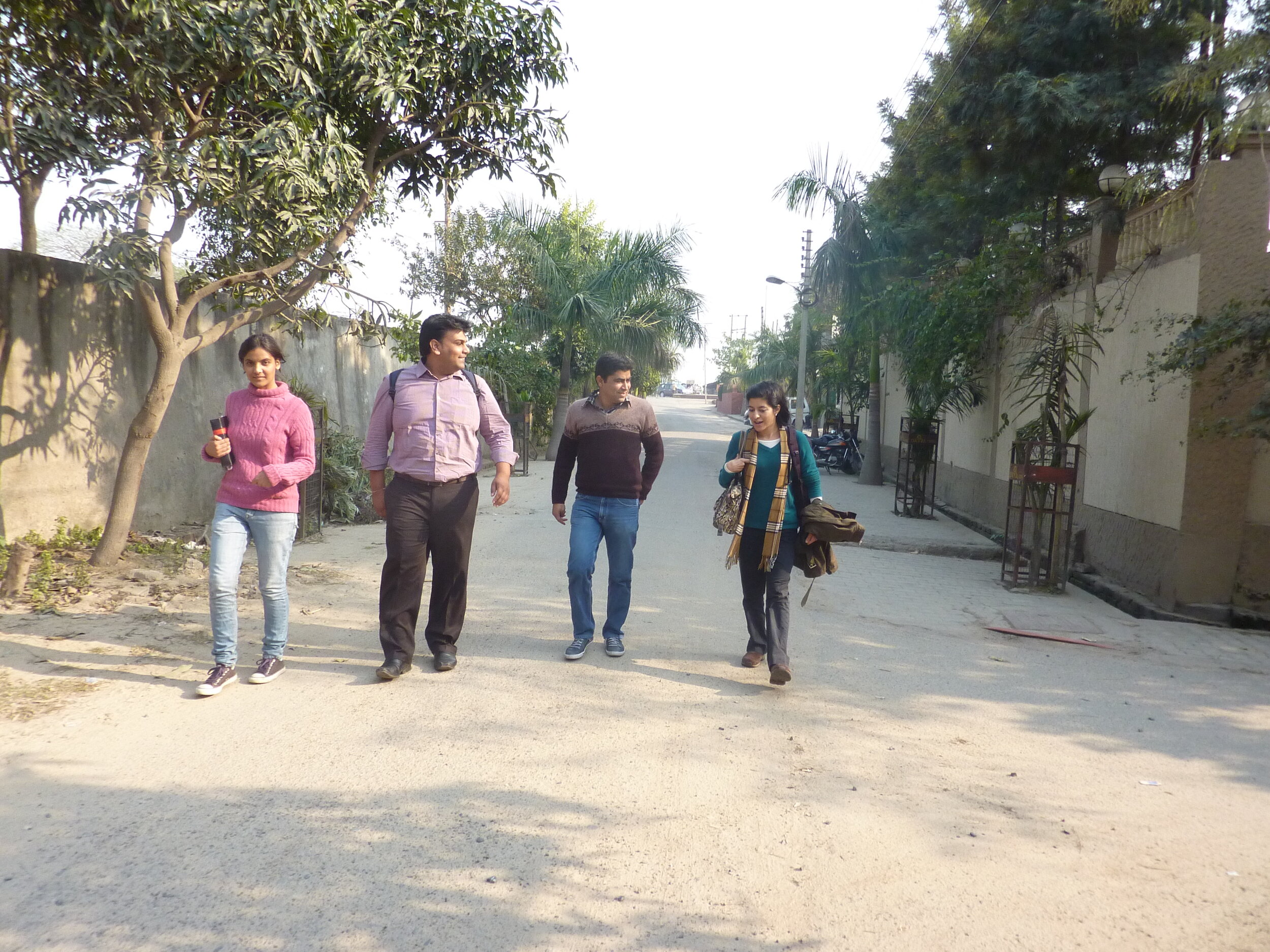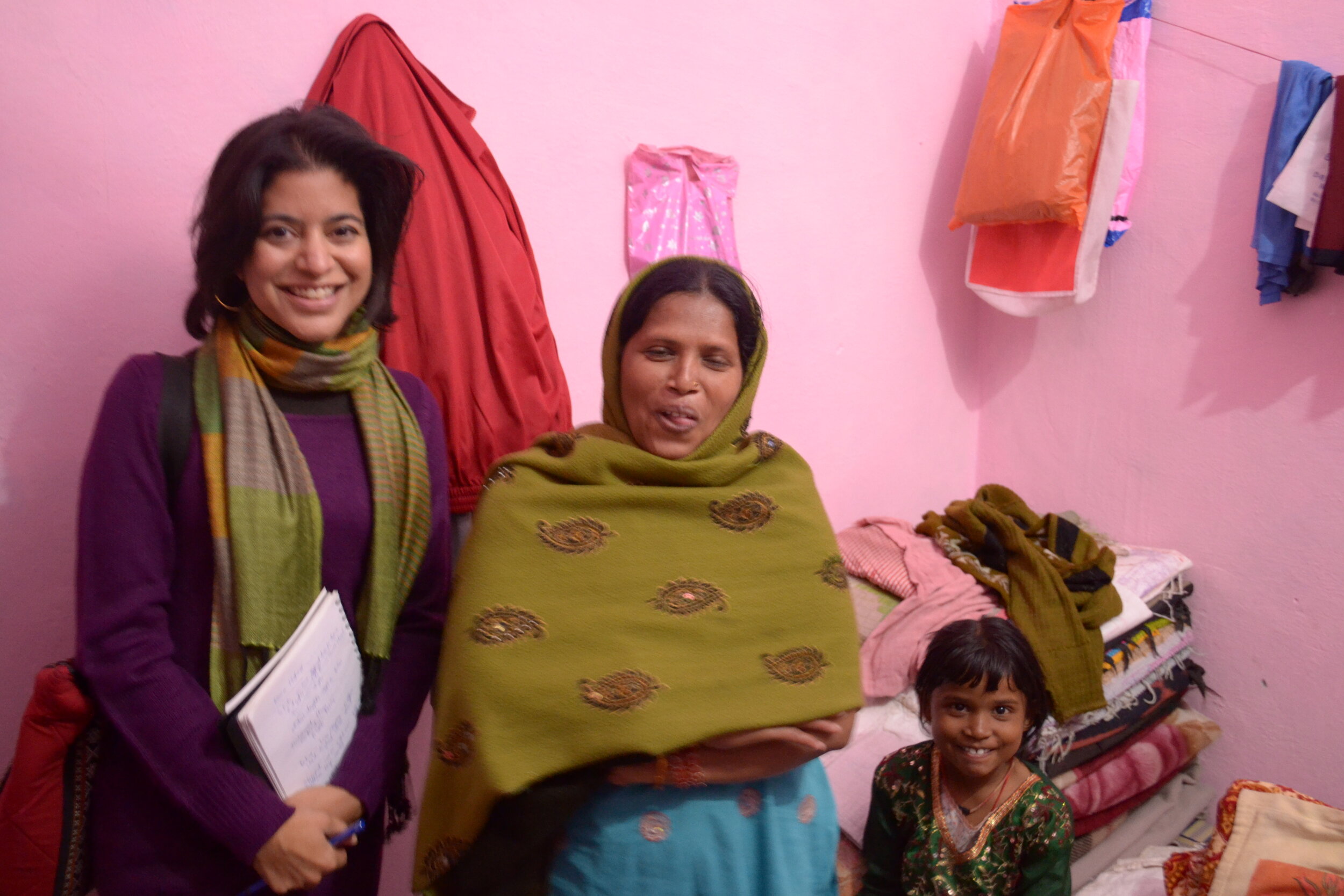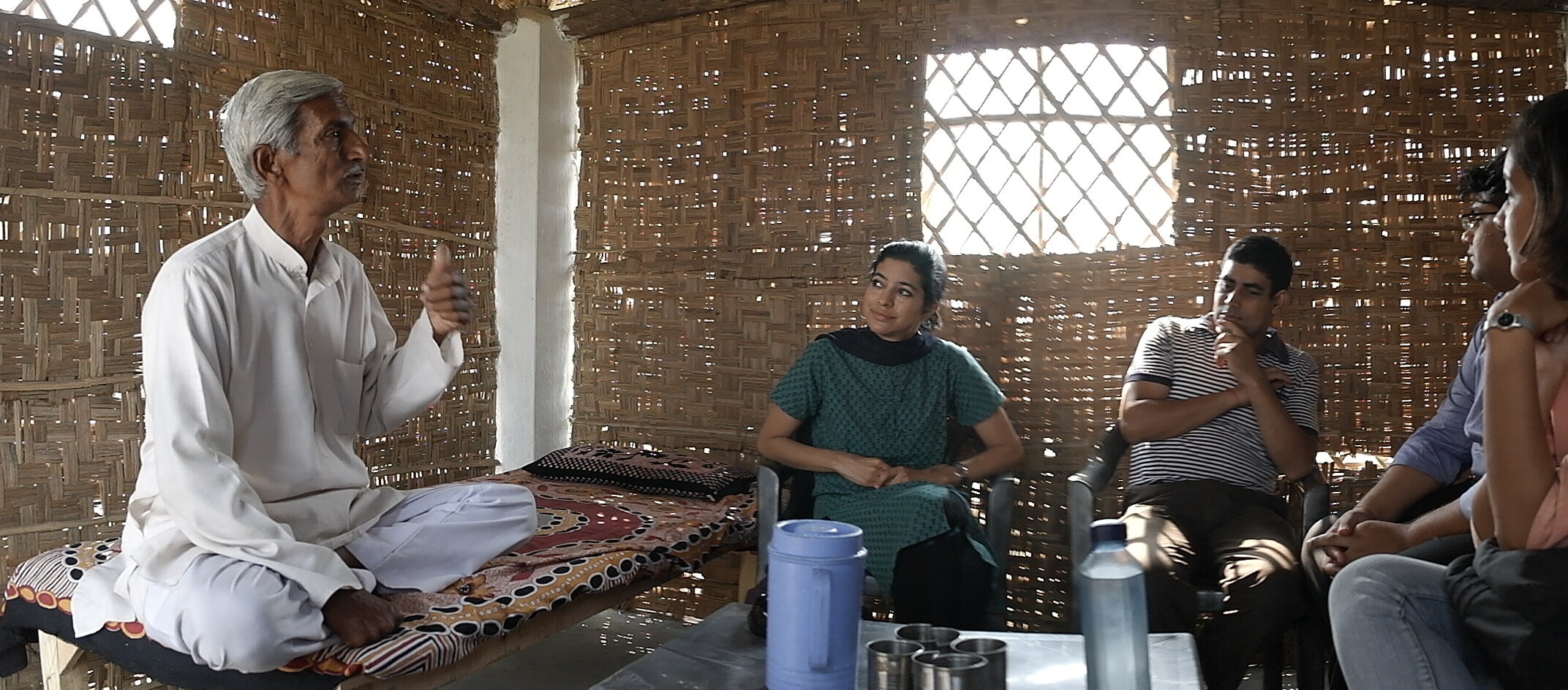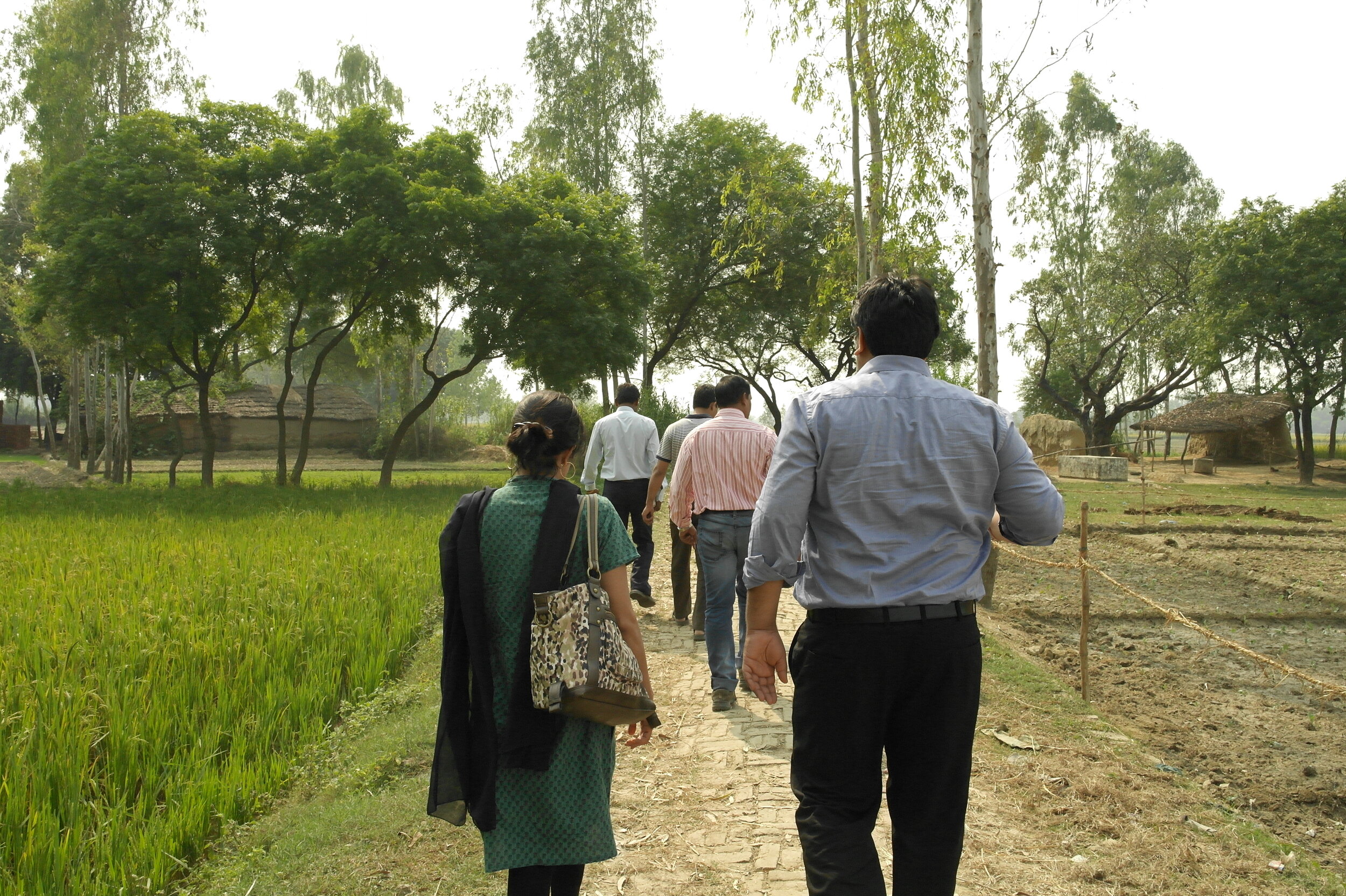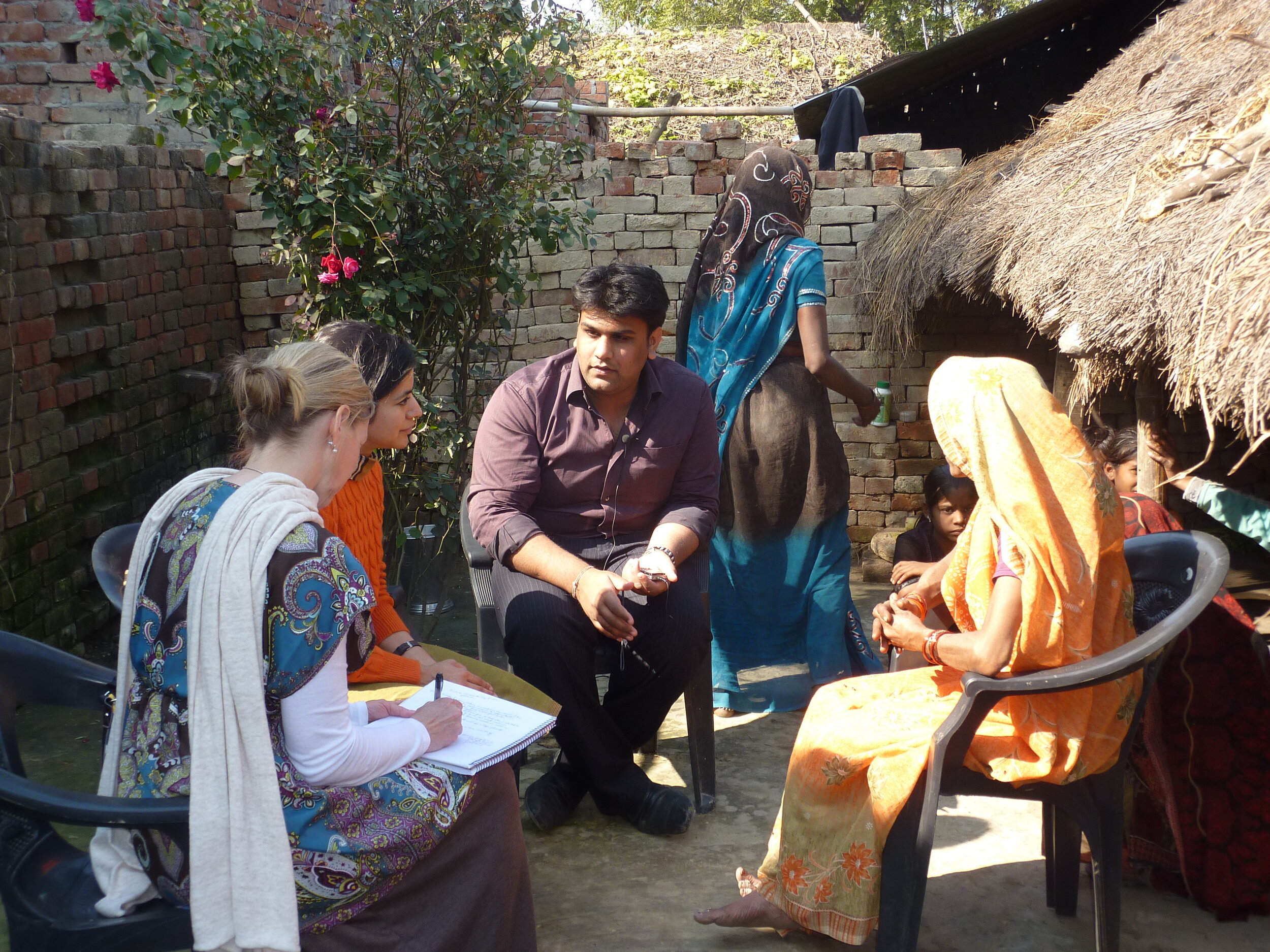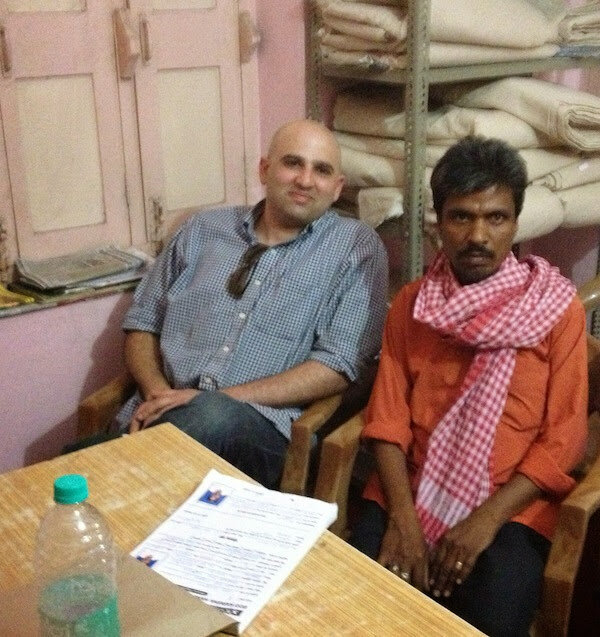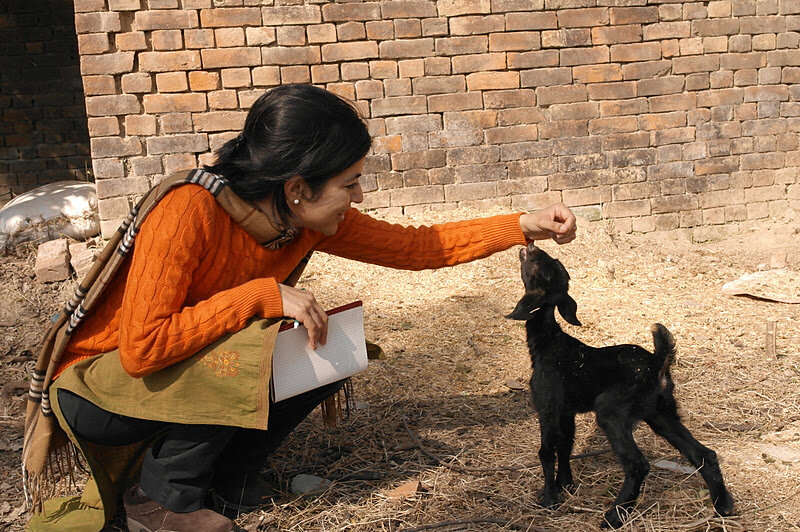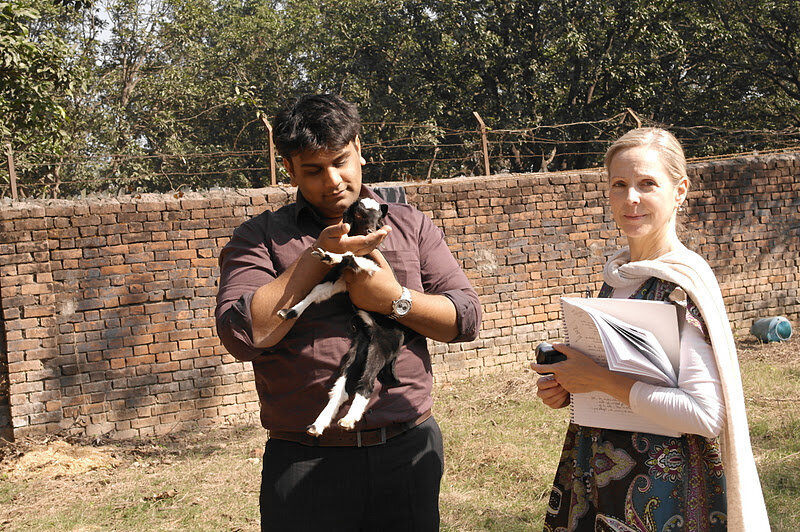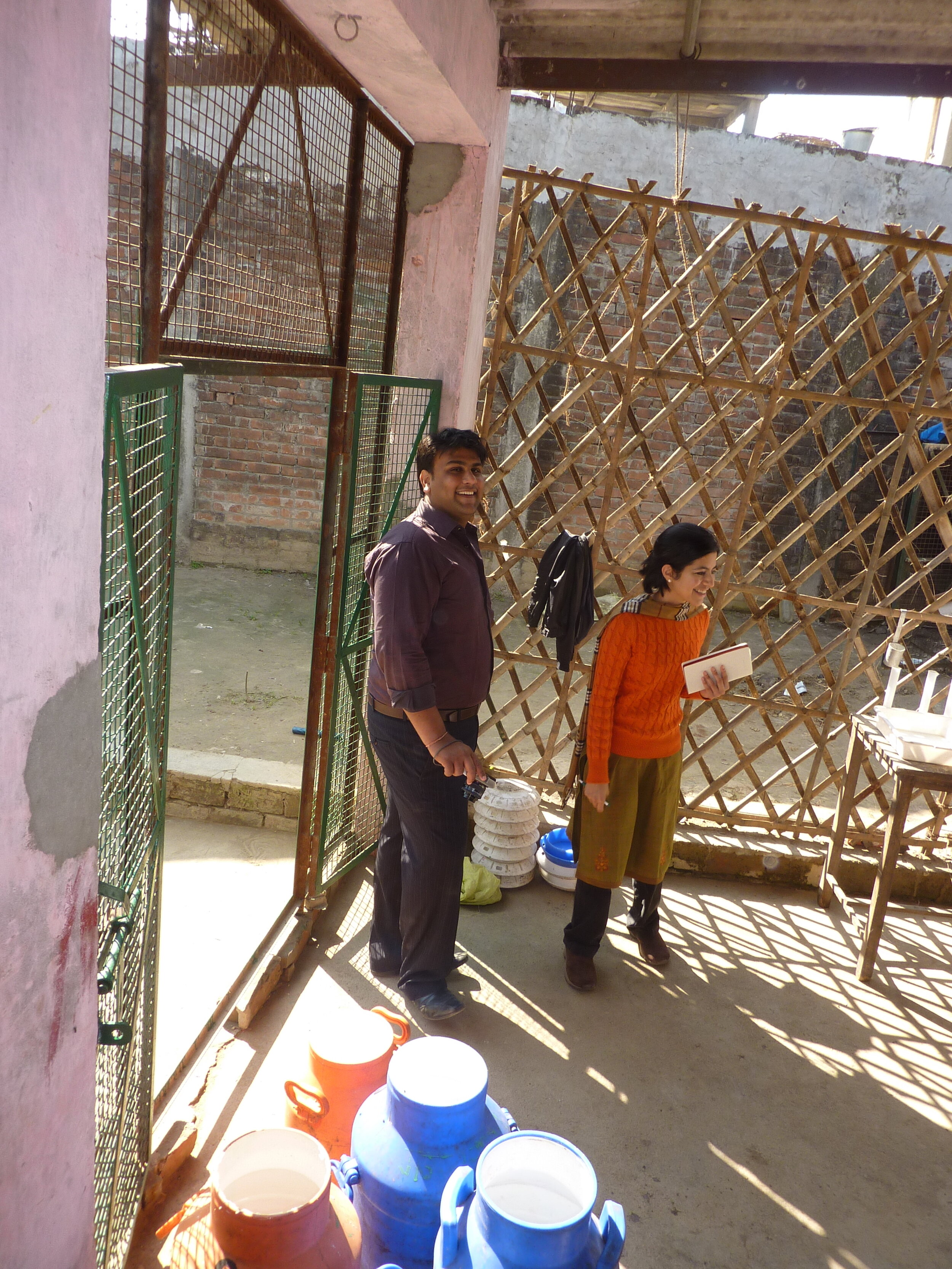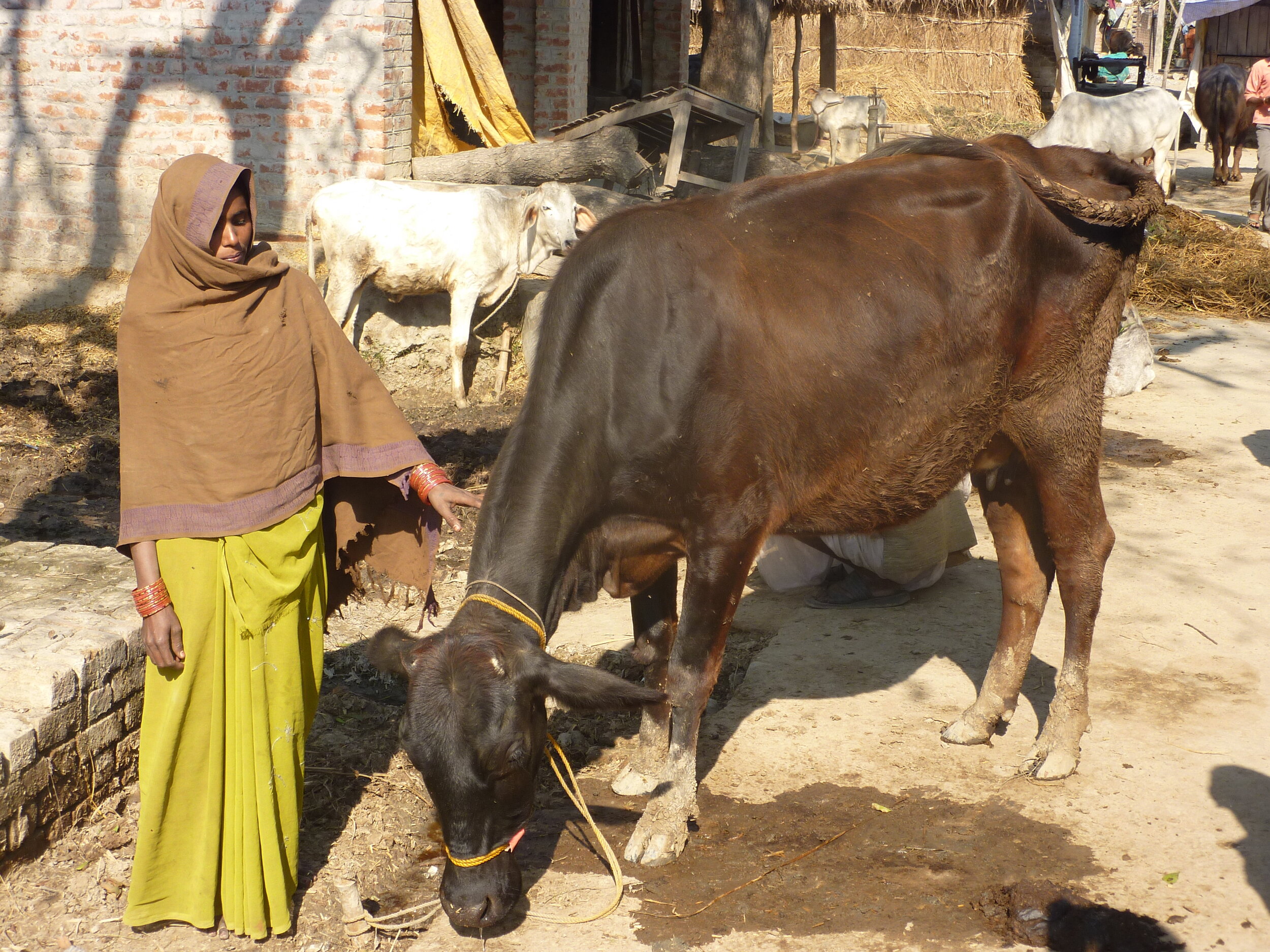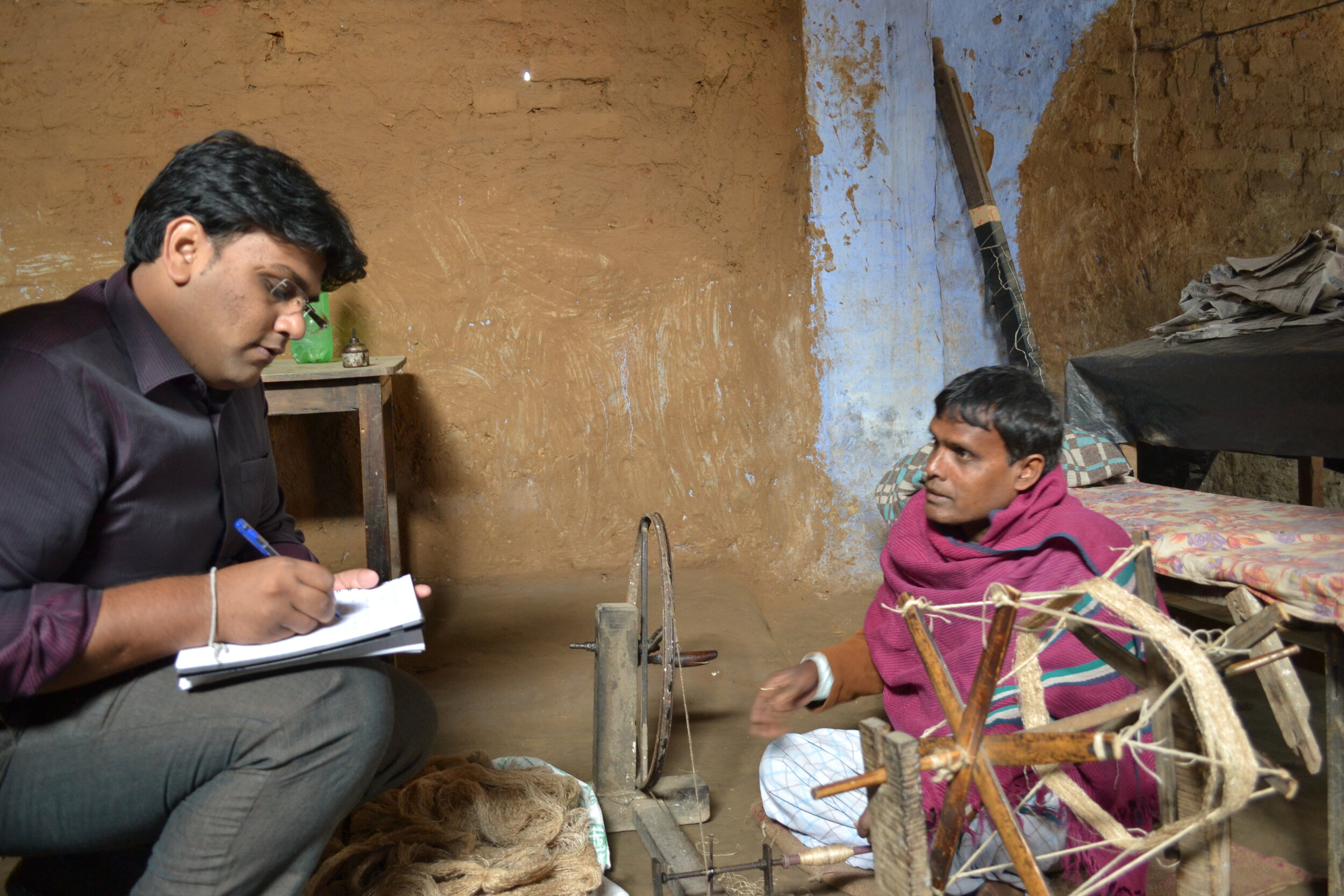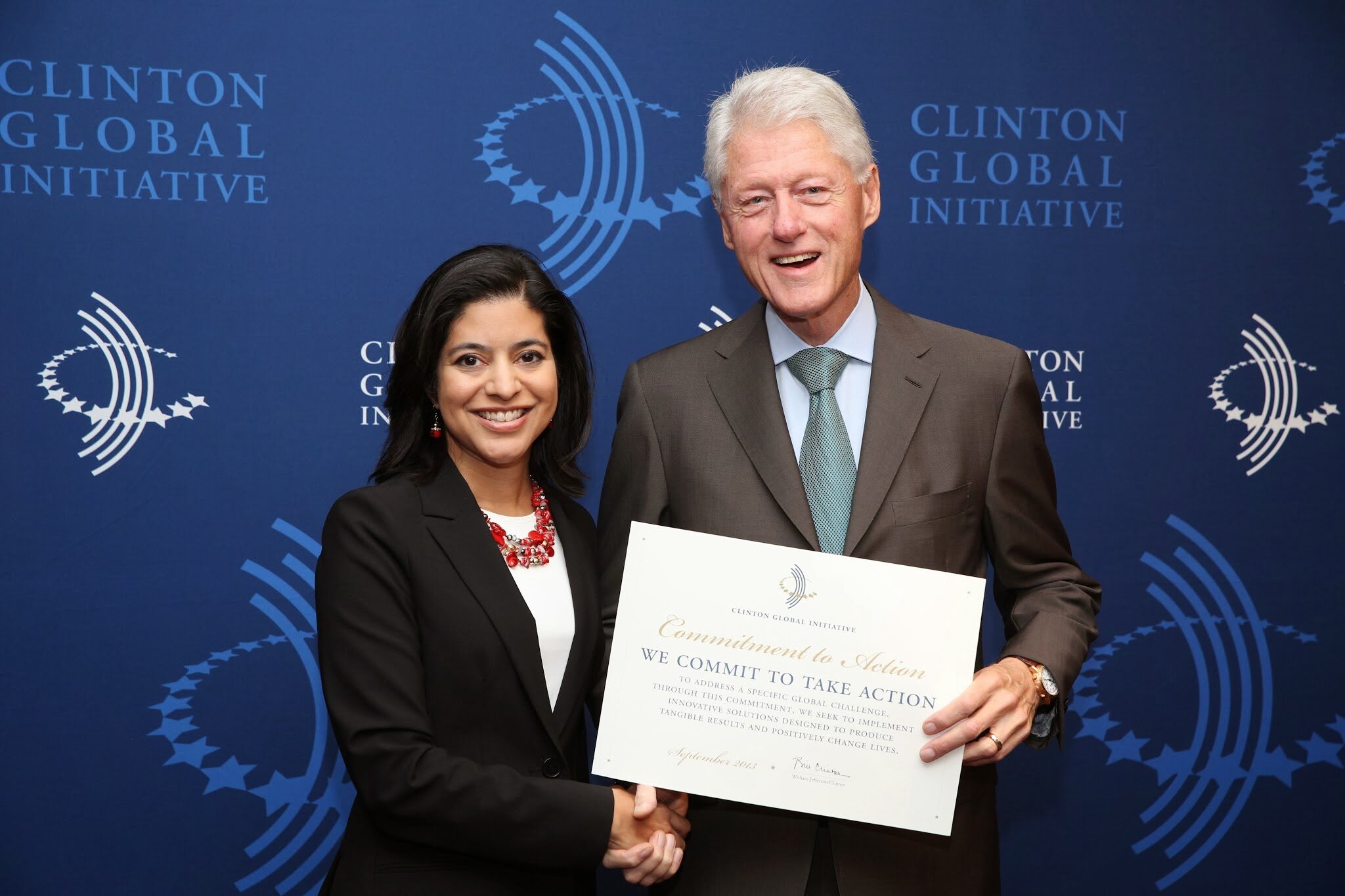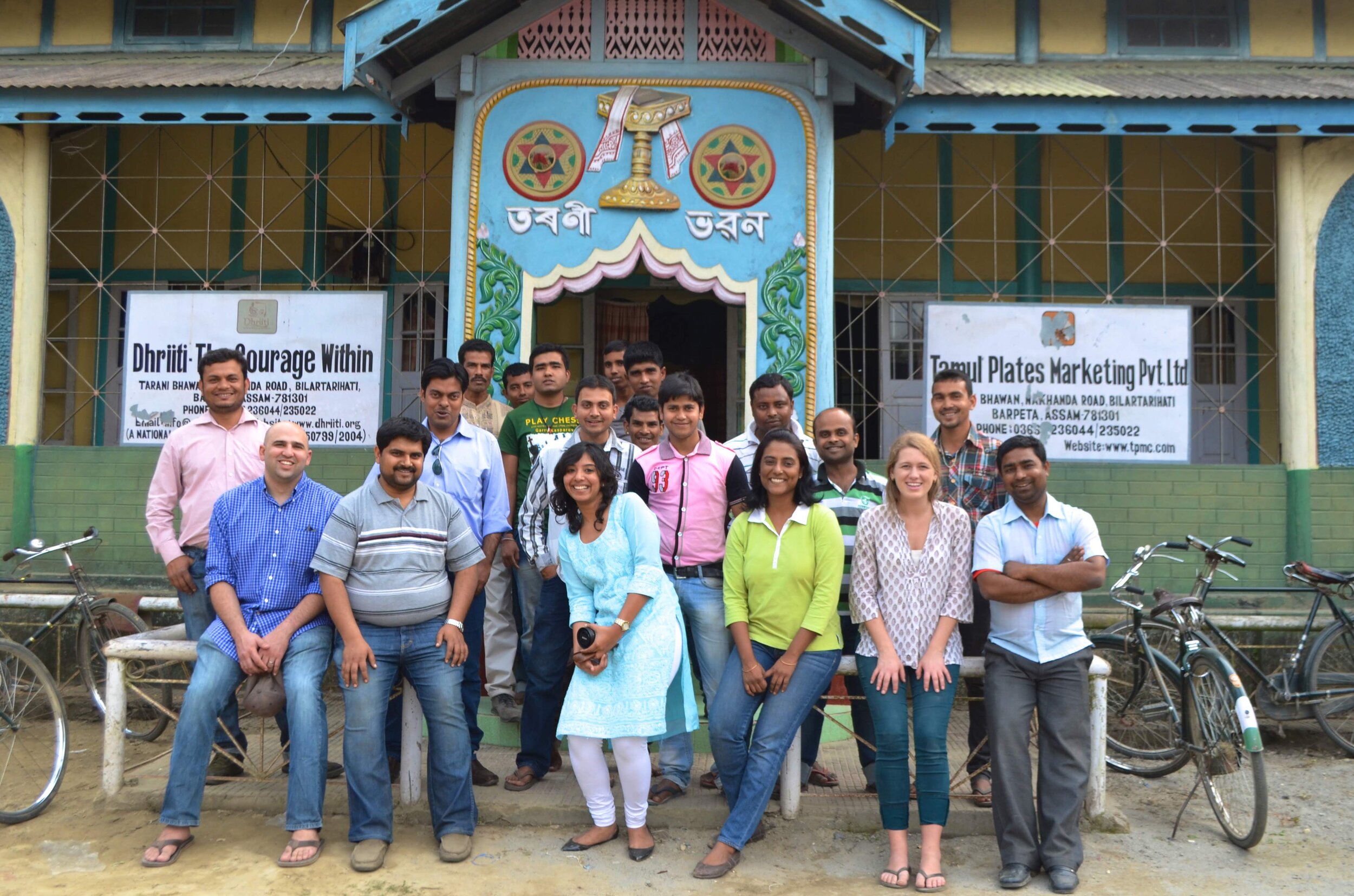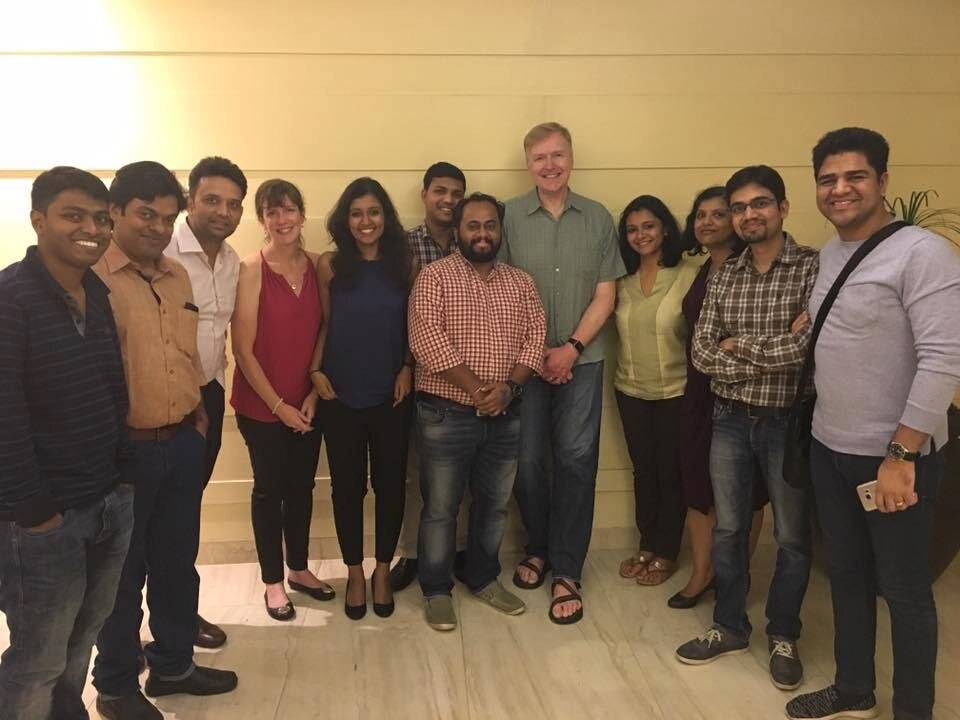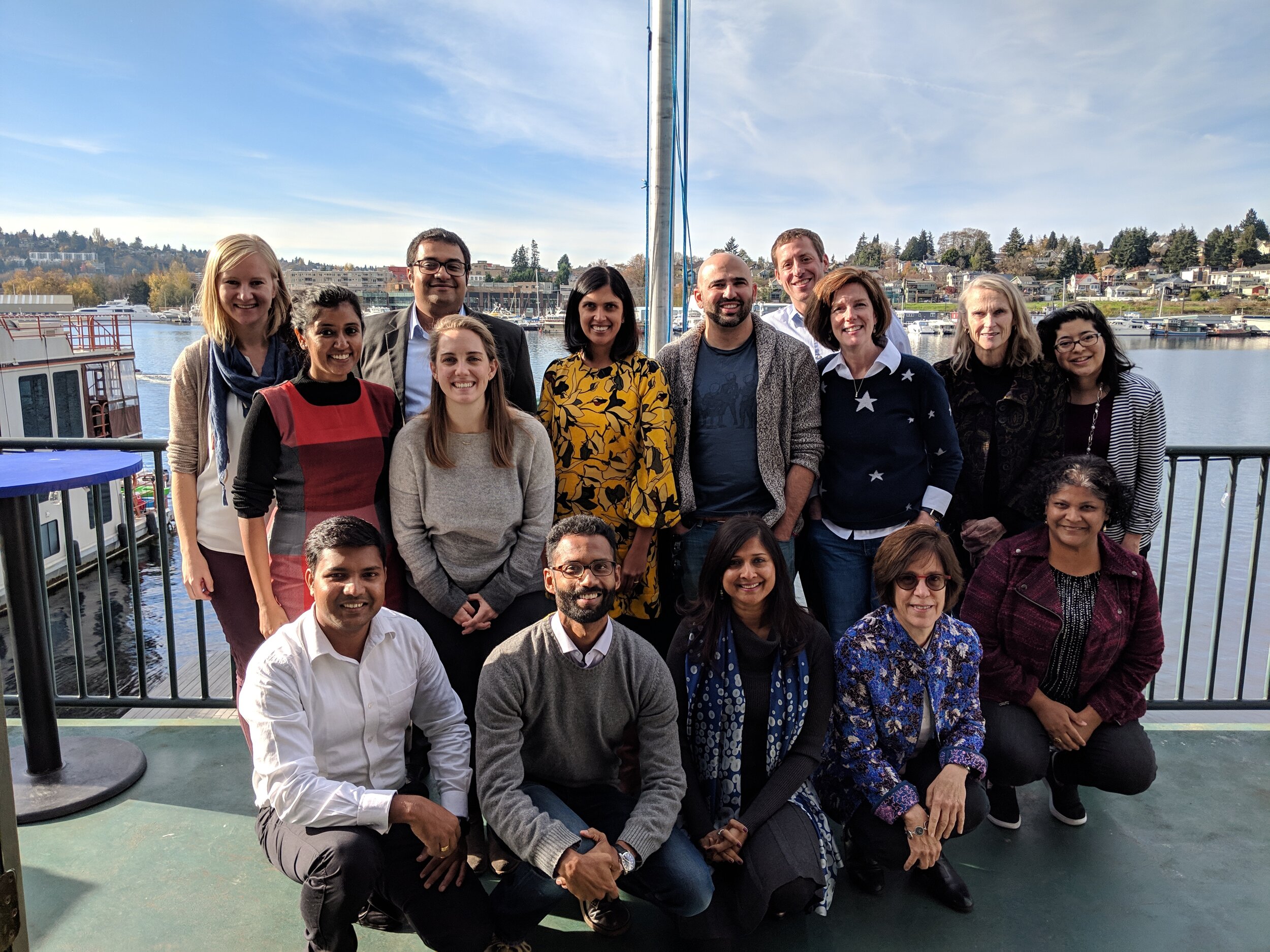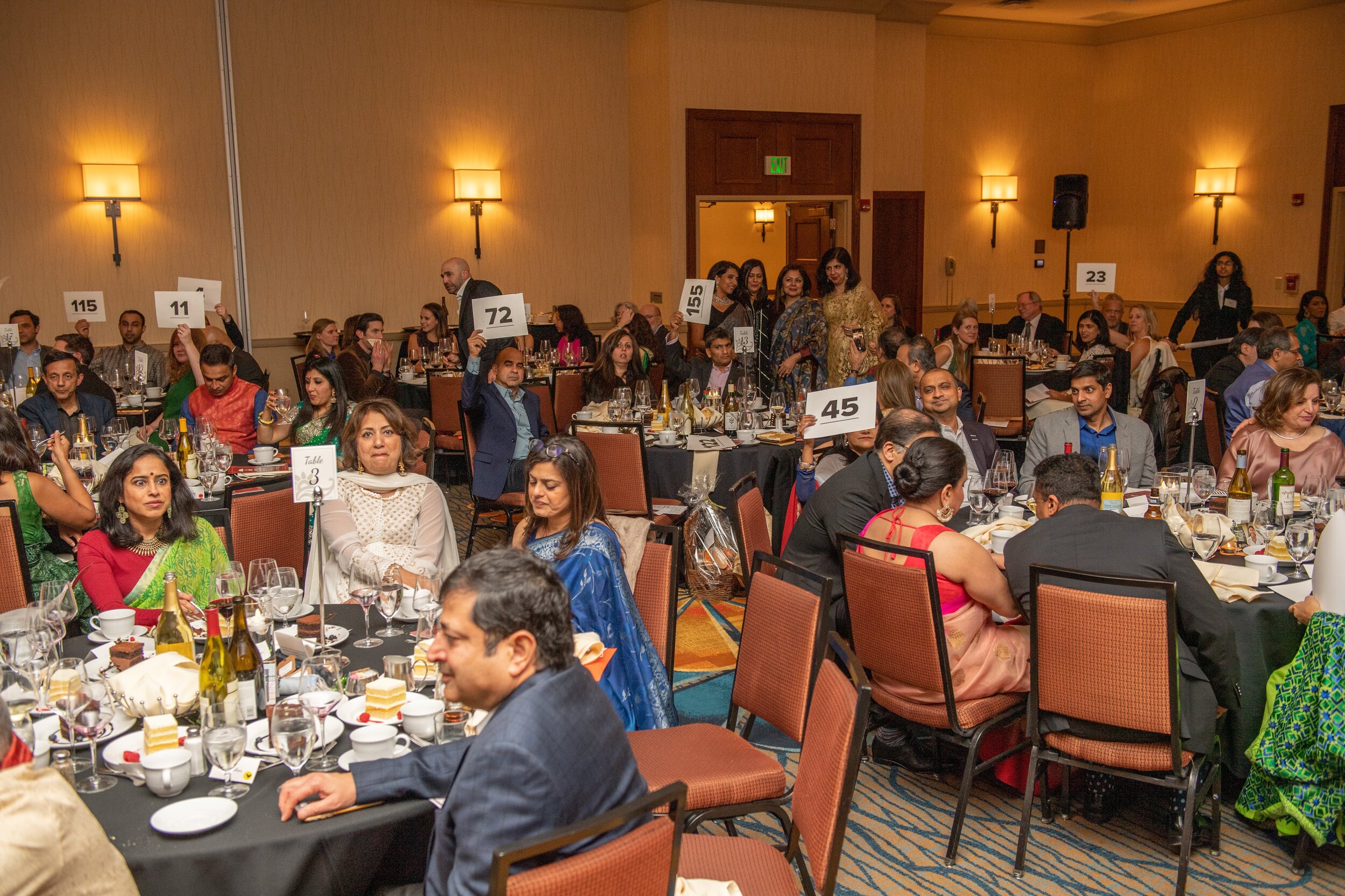What does it take to keep going?
A decade of tackling extreme poverty, one job at a time
By Sriram Gutta, Steve Schwartz, and Sachi Shenoy
Four weeks of cash in the bank. Six employees on payroll, and founders skipping a payment or two to keep the team together. 500+ poor households relying on new skills training and paying jobs. An inbox full of rejected grant applications. And more midnight oil to burn ...
Ten years ago this month, we were three founders of a fledgling non-profit organization, and this was our reality. Some would say we had no business doing what we were doing. None of us had ever started nor run a non-profit. None of us had formal fundraising experience, nor were we independently wealthy.
But what we did have was deep, lived experience in building programs for extremely poor communities. We had worked in—even lived in—these communities for months on end, experimenting with food aid, financial services, housing subsidies, and job programs. What we all independently witnessed was the realization that dignified and dependable jobs truly moved the needle on poverty.
As founders, we have kept in regular touch over this past decade even as our roles and responsibilities have evolved. We all remain deeply committed to Upaya’s work and mission. This month, we came together on a Zoom call to reflect on the journey and what lies ahead. Here are some excerpts from that banter:
We were all brought together and moved to action by a common vision, but what do we each credit as the spark?
Sriram: Steve Jobs had famously said, “you always connect the dots looking backward.” My time at Upaya—and leading to it—is probably the only time when I felt I was connecting the dots forward towards what I hoped was a linear progression of my own thinking. I started my career through my start-up that focused on providing primary healthcare to rural villagers. I soon realized that even at a significantly lower cost, the target market didn’t prioritize healthcare. If the choice were between feeding your child or seeing a doctor for your primary ailment, the parents always chose putting food on the table. It is then that I realized that to make any difference, these people needed a steady income.
After a short tryst with consulting to build my own skills, I moved to microfinance. Hundreds of millions of people worldwide were seeing a positive change through small loans to start their own businesses. It is then that I started working with Sachi on the Ultra Poor Initiative. We soon realized that microfinance targeted the poor but not the ultra poor, and more importantly, most people at the bottom of the pyramid didn’t want to be entrepreneurs. They needed a steady job with a predictable income that would allow them to plan their lives better. That experience—across urban slums and rural villages across five different states in India—formed our theory of change for Upaya.
The notebooks were ever-present, but every meeting—whether in a board room, a donor meeting, or a jobholder’s home—included some point that had to be captured and motivated and us to keep going.
Sachi: I think Sriram captured well what we both saw in India and Southeast Asia that kept bringing us back to jobs as a solution for extreme poverty. But I’m still struck by how we were, and still are, three different personalities from three very diverse backgrounds, and our differences made us stronger as a team. We complemented and challenged each other constantly. Do you remember that we made a pact in that first month: we would never keep the lights on solely for the sake of pride or vanity or some other expectation? As long as we were creating jobs, and those jobs mattered, we would do everything in our power to keep going and growing. I think that spirit drives the team even today.
We took the work seriously, but so many conversations with partners and job-holders inevitably led to a smile or a laugh
Steve: I was barely a year out of my Peace Corps service in Benin, and after two years in West Africa, the unique realities faced by the ultra poor compared to those who had skills to trade, capital to invest, or land to work was still very fresh in my mind. In chatting with Sachi and Sriram in the Ultra Poor Initiative days, I felt for the first time that these were two people who understood the community I had been part of—even if it was in another part of the world. And at the same time, they also understood the role that jobs and entrepreneurship had in helping people move out of ultra poverty, and how financial stability helped communities grow and thrive. So when they asked if I wanted to be a part of this new initiative they were working on, I was all in.
Of course, that was just the beginning of the rollercoaster. As Sachi said, we promised not to keep the lights on for our own pride or vanity, but that doesn’t mean keeping the lights on for the right reasons was easy.
One of the countless presentations we made. Four years after their final presentation together, Sachi and Steve were able to recreate the “Introduction to Upaya” talk purely from memory at a board retreat.
We all had moments when we thought about throwing in the towel… what made us decide not to?
Sachi: For the first few years, we were operating on the knife’s edge. Always weeks away from running out of cash and having to shut our doors. At least once a month someone would ask, “what does it take to keep going?”
For me, it was not one incident or situation that convinced me to keep going. Interestingly, it was repeating that question that did it. It became a mantra, a statement of pride. The fact that we were even asking it week after week meant we were going!
Photos from our early field visits. We spent as much time visiting jobholders as entrepreneurs, understanding that their experience was our purpose and one of the most important success metrics.
Sriram: About a year into Upaya, I started reflecting on my role, our business model, and if the time was right for Upaya to make an impact. In hindsight, I may even have thought about quitting and approaching the issue from a different lens—that of a family office or even a foundation. The underlying frustration then was the constant need to fundraise. While my colleagues and I were open to foregoing salaries or taking a significant cut, we still needed the funding to invest in companies that were creating jobs for the ultra poor. I felt disempowered when I found passionate entrepreneurs who we wanted to back but couldn’t.
I am glad I overcame those initial moments of self-doubt and disappointment. What helped me were the conversations I had with dairy farmers in Lucknow, or the weavers in Bhagalpur, and how the jobs that Upaya helped create changed their lives. Over a span of six months, they had access to better sources of food, could save, and realistically think of sending their kids to school. For the first time in their lives, they believed that the lives of their children could be better than their own. Their sense of optimism and hope helped remove any doubts I may have still had.
Visiting our first partner in the dairy business. Plenty of good conversations and, of course, a few adorable baby goats.
Steve: There was this sense of mission that made it easy for Upaya to flow like water into every unoccupied moment in a day. I’d be cooking or folding laundry or doing something other than working and, the next thing I knew, I was trying to problem solve for the next meeting with a partner or donor, or trying to figure out how we could better tell our story on the web or in a video. It wasn’t out of obligation, it was just the momentum that came with trying to do something incredibly ambitious.
It was not without its strains, either. At one point, for my own mental health I had to take up small motorcycle repair because having to commit my attention to learning something new was the only way I would stop thinking about things like explainer videos on Tussar silk weaving in Bihar!
What are some of our fondest memories of early wins?
Sriram: Hiring our first team member (the wonderful Jyotsna!), the first 500 jobs we helped create, the first 100 surveys we conducted that gave us so much positive feedback. We did so many field visits, with long car rides, overnight train journeys, and it was all worth it.
Sriram talking with a jobholder at one of Upaya’s early investment companies, Eco Kharga.
Steve: Our first non-family funders—who shall go unnamed here—but we remain forever grateful to them. I still remember being out for a weekend hike in early December and, coming back into cellular service, I found an email from a donor pledging $10,000 to our first project! It was the donation that put us past our goal and officially gave us the green light to make our first investment. I was buzzing the whole rest of the day, texting Sachi over and over again that “Upaya lives!” and something glib about Pinocchio becoming a real boy. It may have been our first project, but we were on top of the world.
I’ll also mention winning the Seattle Met Light a Fire award and how much fun that awards ceremony was. For the whole month we had the thrill of being in the grocery store, and seeing Upaya featured in the print magazines kept at the checkout counter—that was wild.
Upaya won the Seattle Met Light a Fire award in 2014.
Sachi: I still remember pinching myself when our friend (and former board member) Bulbul Gupta told us we’d been invited to pitch onstage at the Clinton Global Initiative. What an honor to introduce Upaya to such a large audience, to many people I’ve admired for so long. That definitely felt like a turning point.
Sachi was invited to pitch onstage at the Clinton Global Initiative in 2013.
We’ll spare you the rest of our banter. Even after 10 years, it was not long before our conversation dissolved into jokes, nicknames, and some good-natured teasing.
But as we set our sights to the decade ahead, we returned to the question—what will it take to keep going? We all agreed on the answer: PEOPLE.
We saw in those early days, with very clear eyes, that we were not on this journey alone. Entrepreneurship is often mischaracterized by the image of a lone human or group of individuals who blaze a trail. Our experience was the complete opposite—Upaya worked, and is working today, because of a constellation of committed, passionate people. We could not always predict when the next star would appear, or who it would connect us to, but day by day, week by week, the constellation would grow with a brighter and brighter intensity. Every star in that constellation—every person that said, “how can I help?” and rolled up their sleeves—created this force for good.
Viewing this effort as a constellation we were building, instead of lone stars trying to pierce through a crowded sky, was a liberating mindset shift. Two of us founders—facing the realities of growing families and other pressures—realized we could simply move to light up different parts of the constellation, corners that had not yet been activated. It did not matter if one’s work was technically inside or outside the organization… what mattered was extending Upaya’s reach and forging new connections.
Along any journey, it’s helpful to pause and look back on the path you have just traveled—not just to see how far you’ve come, but also to acknowledge who helped you get here. Their names are too numerous to mention here, but their energy and others’ will continue to fuel us for the decade ahead and all the decades beyond, until we vanquish all traces of poverty on this planet. It’s humbling to celebrate this decade, full of gratitude for the constellation that surrounds us and shines a bright light on the path ahead.
